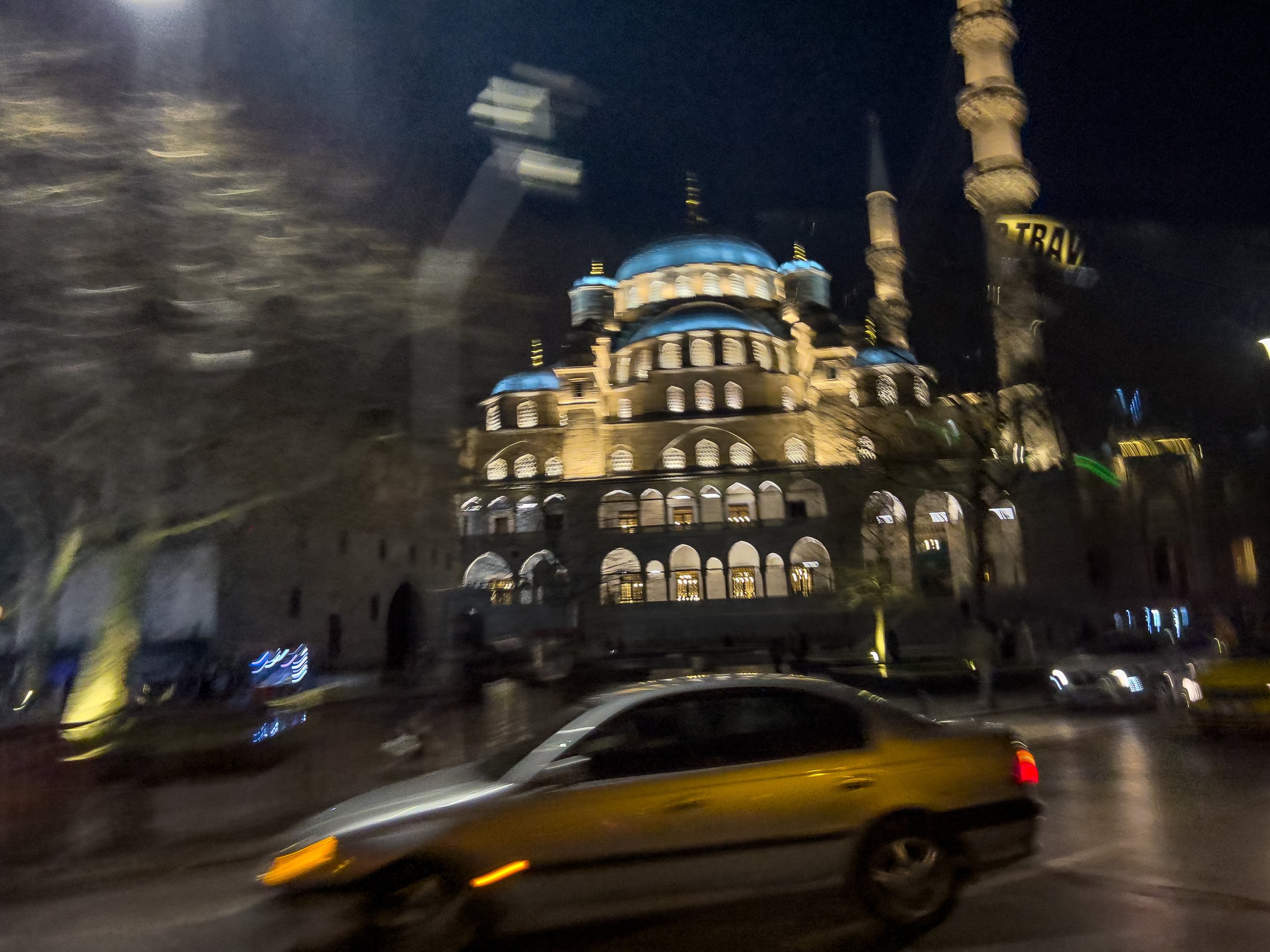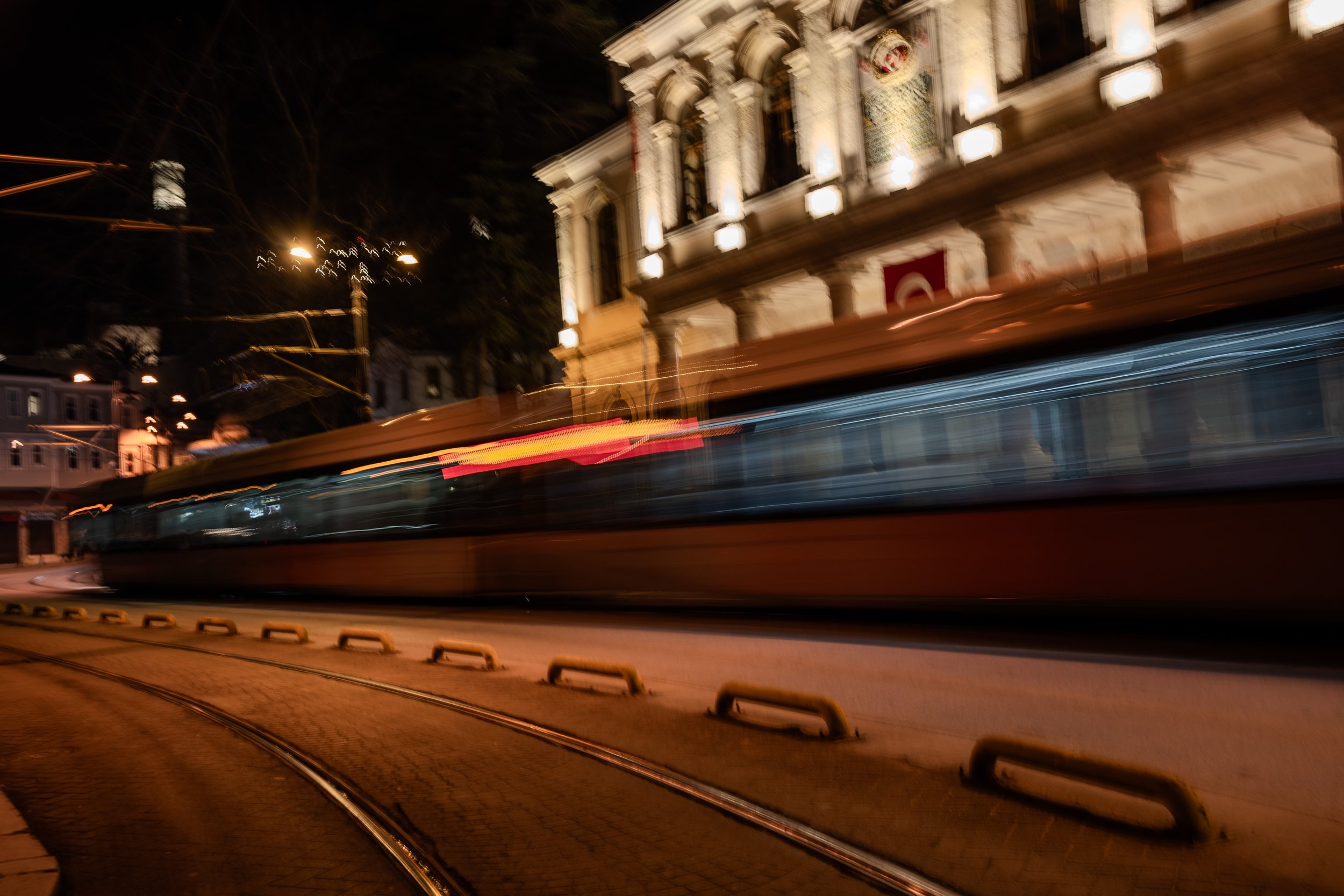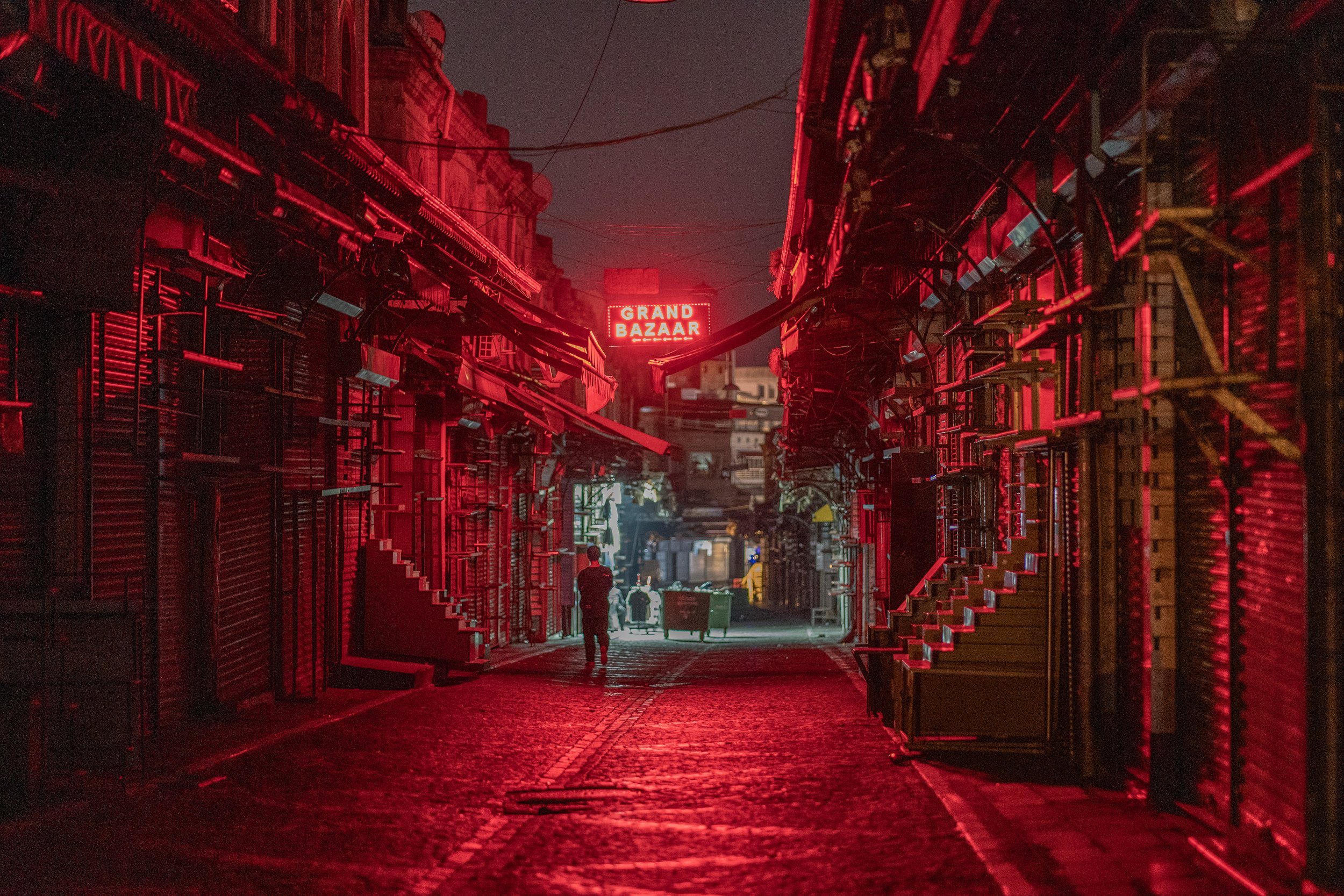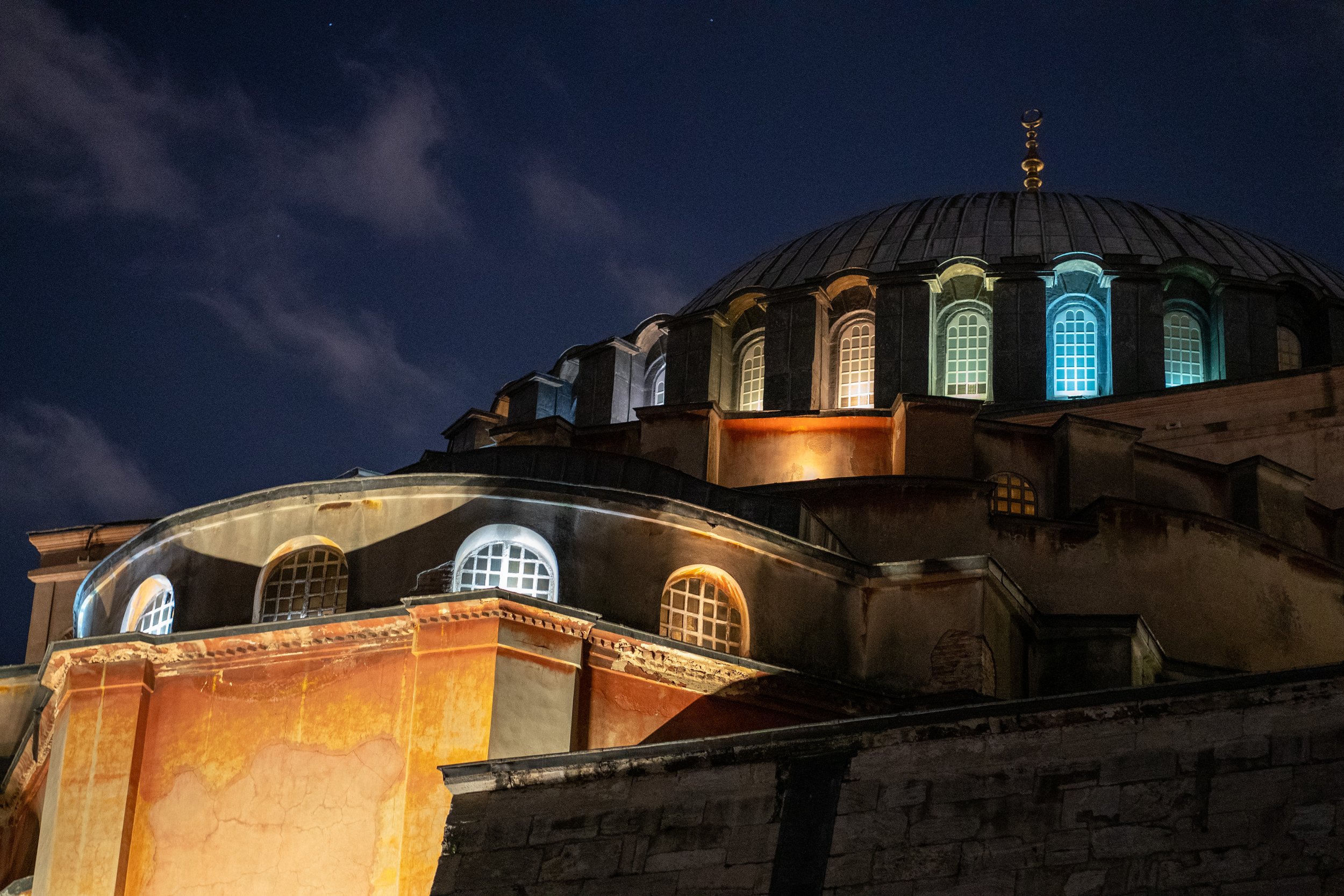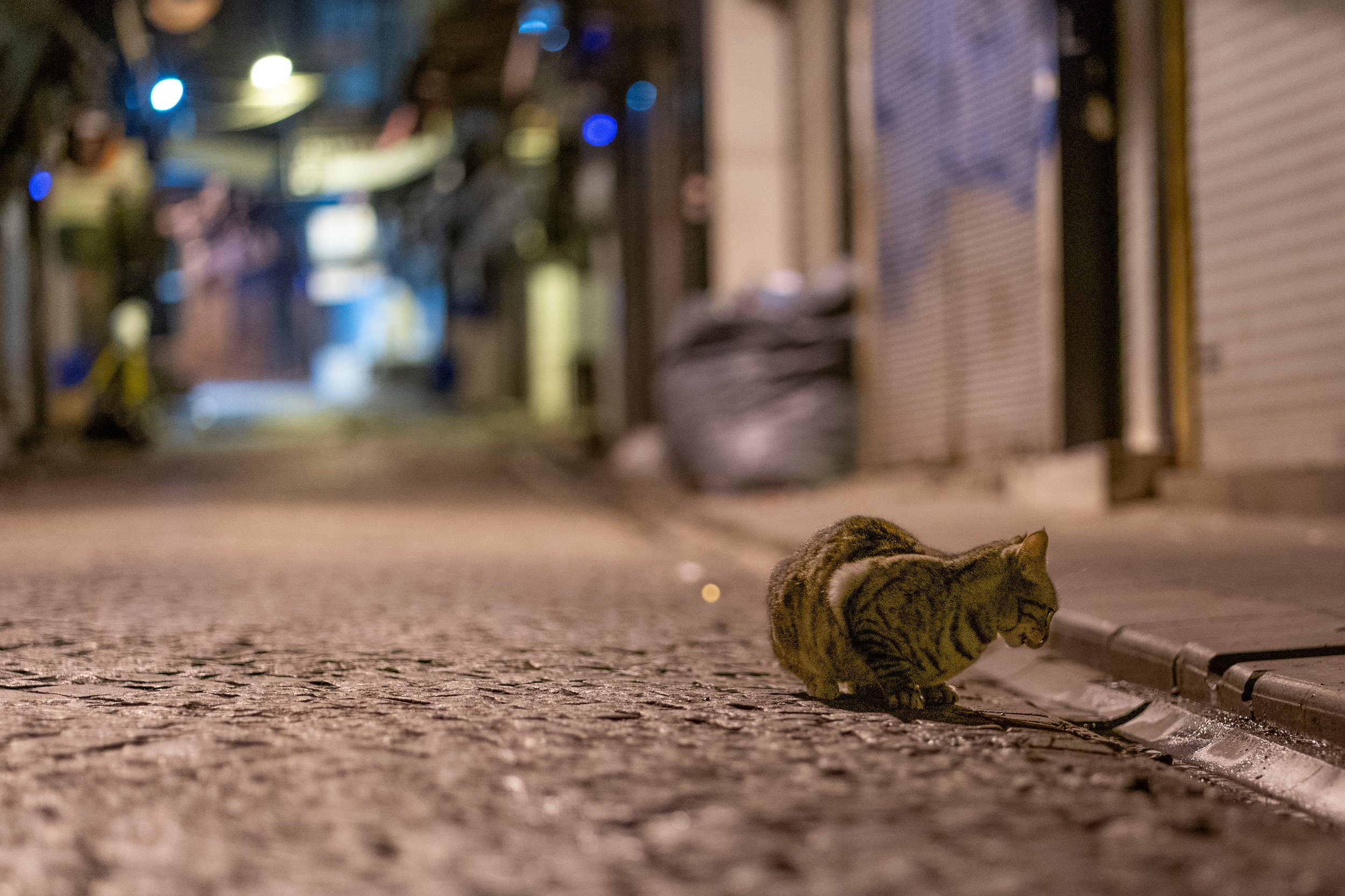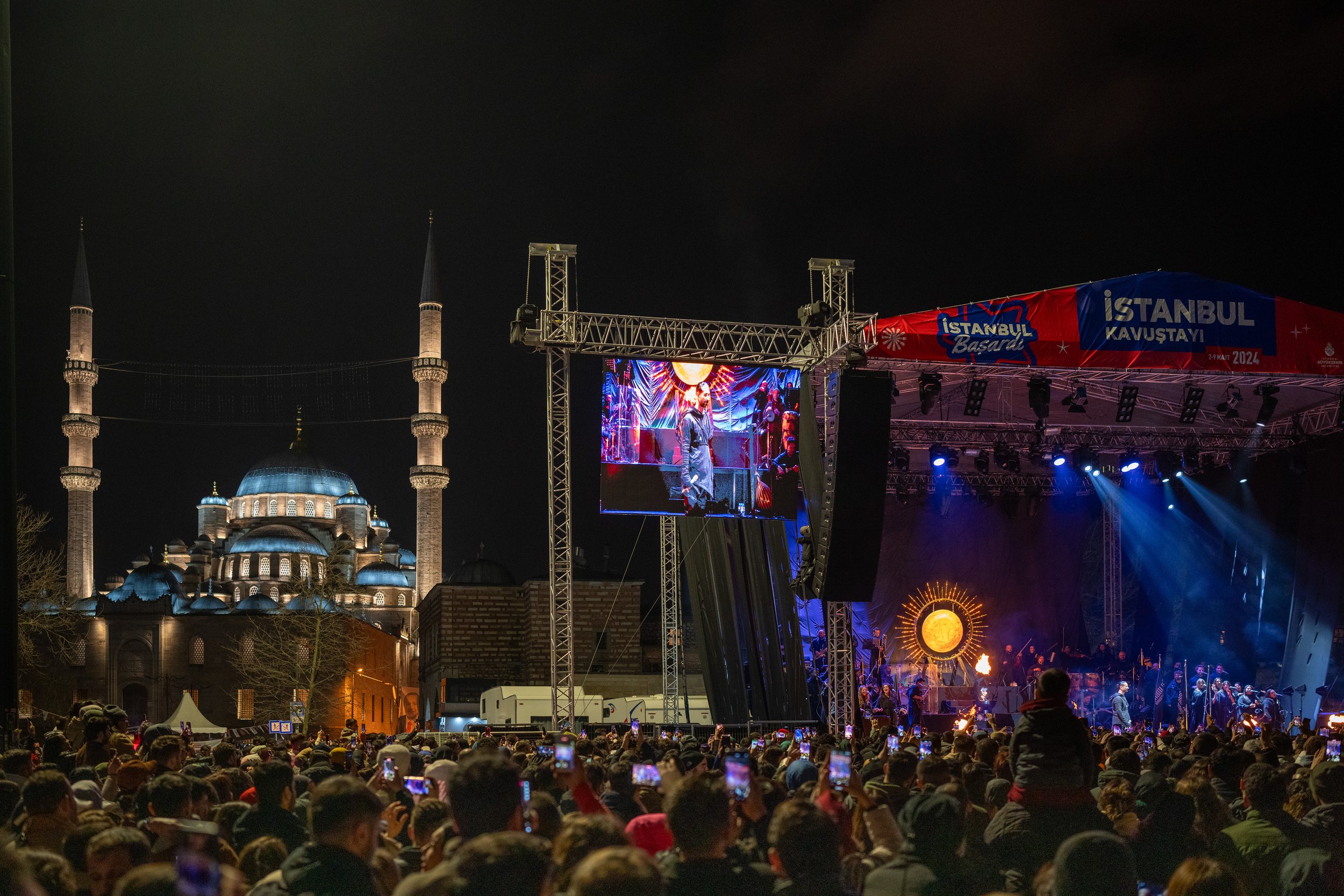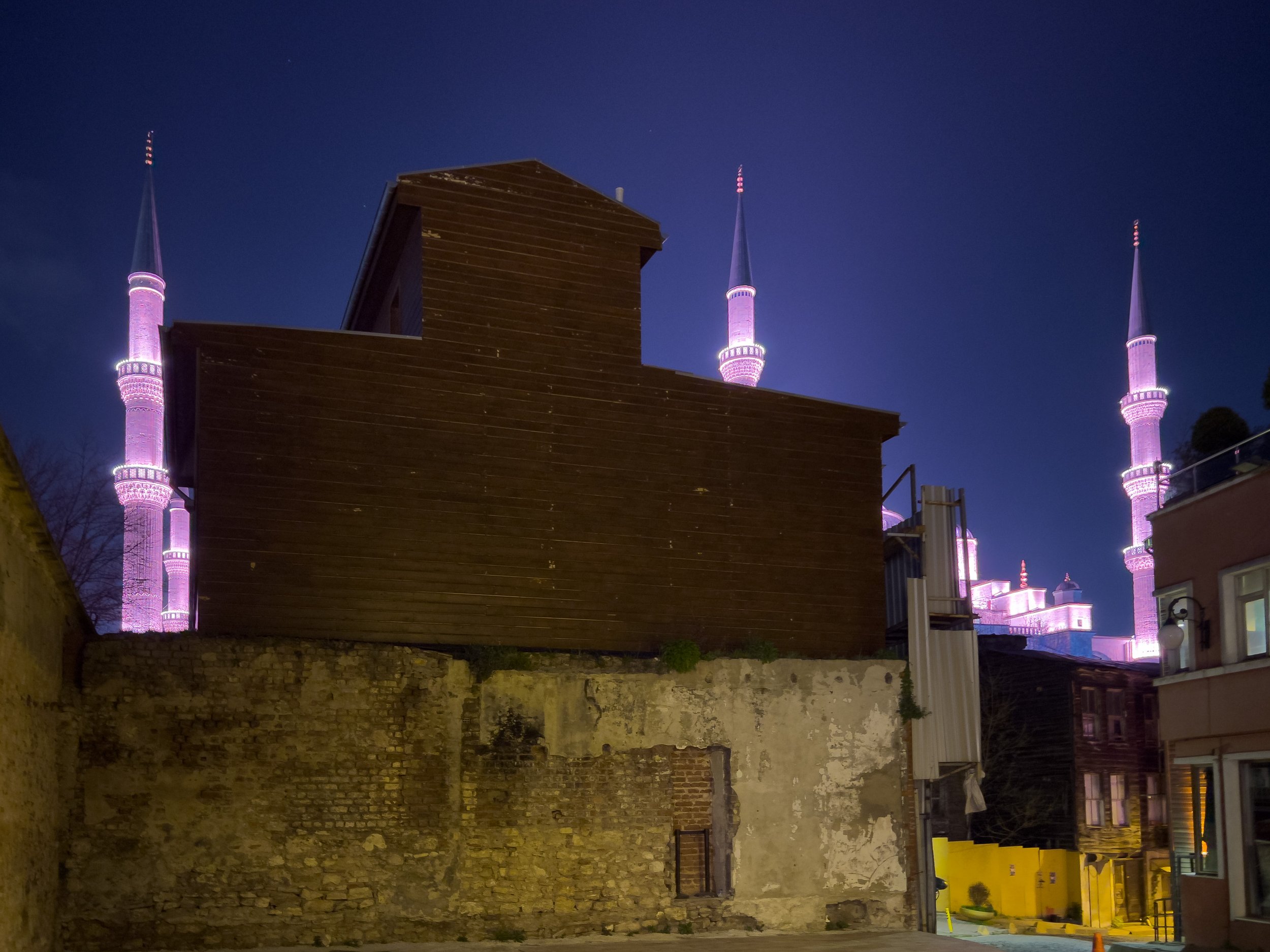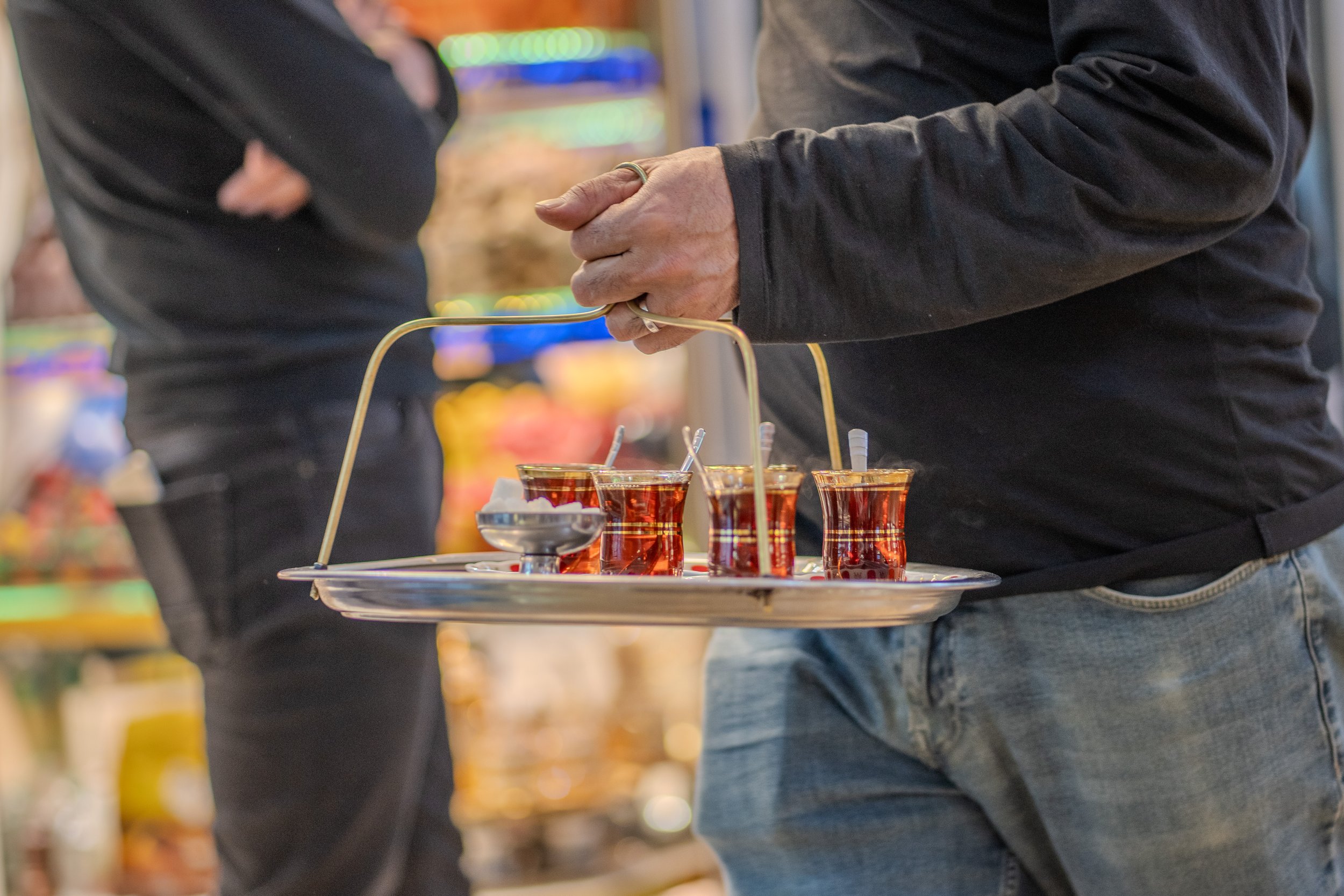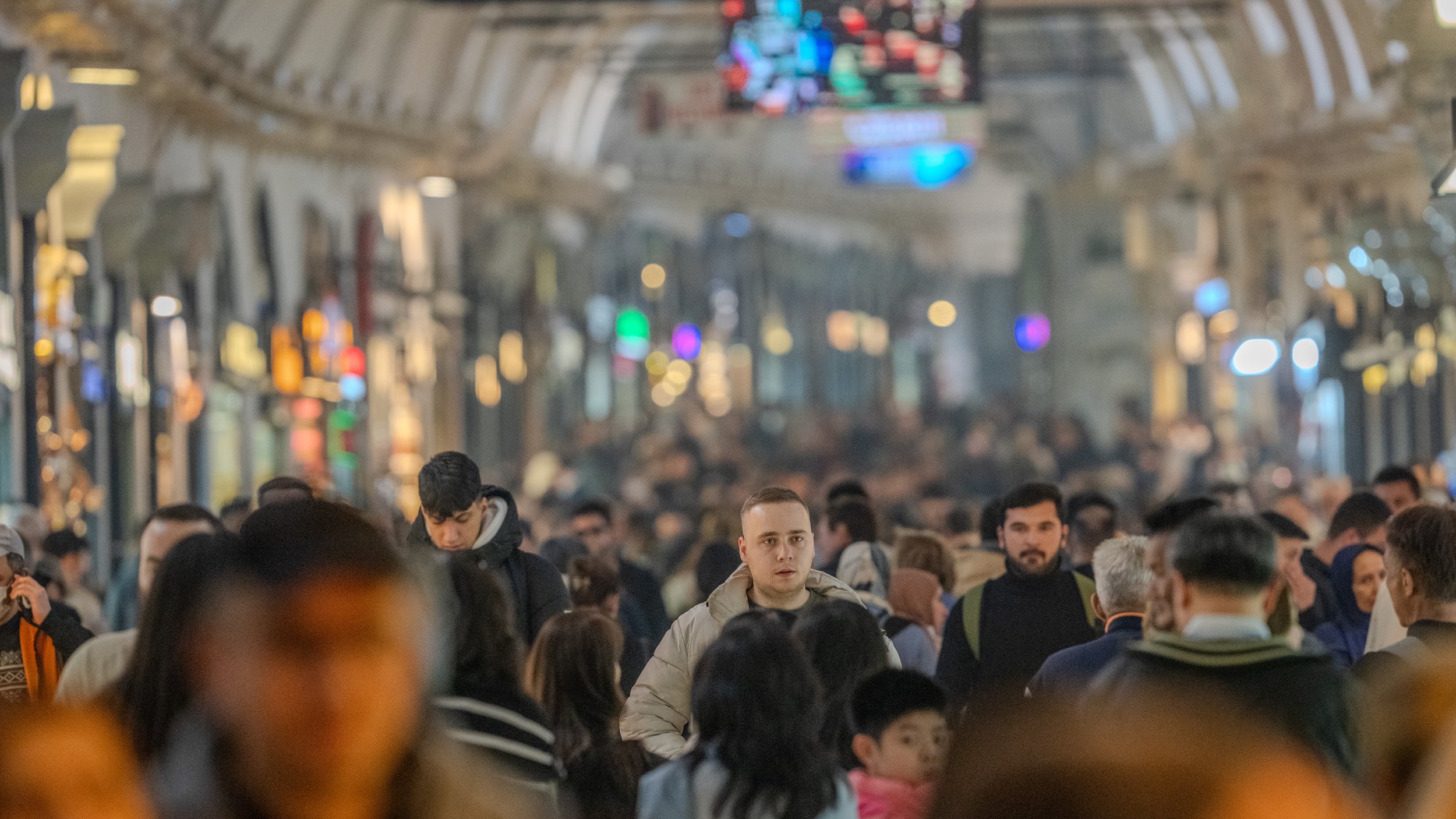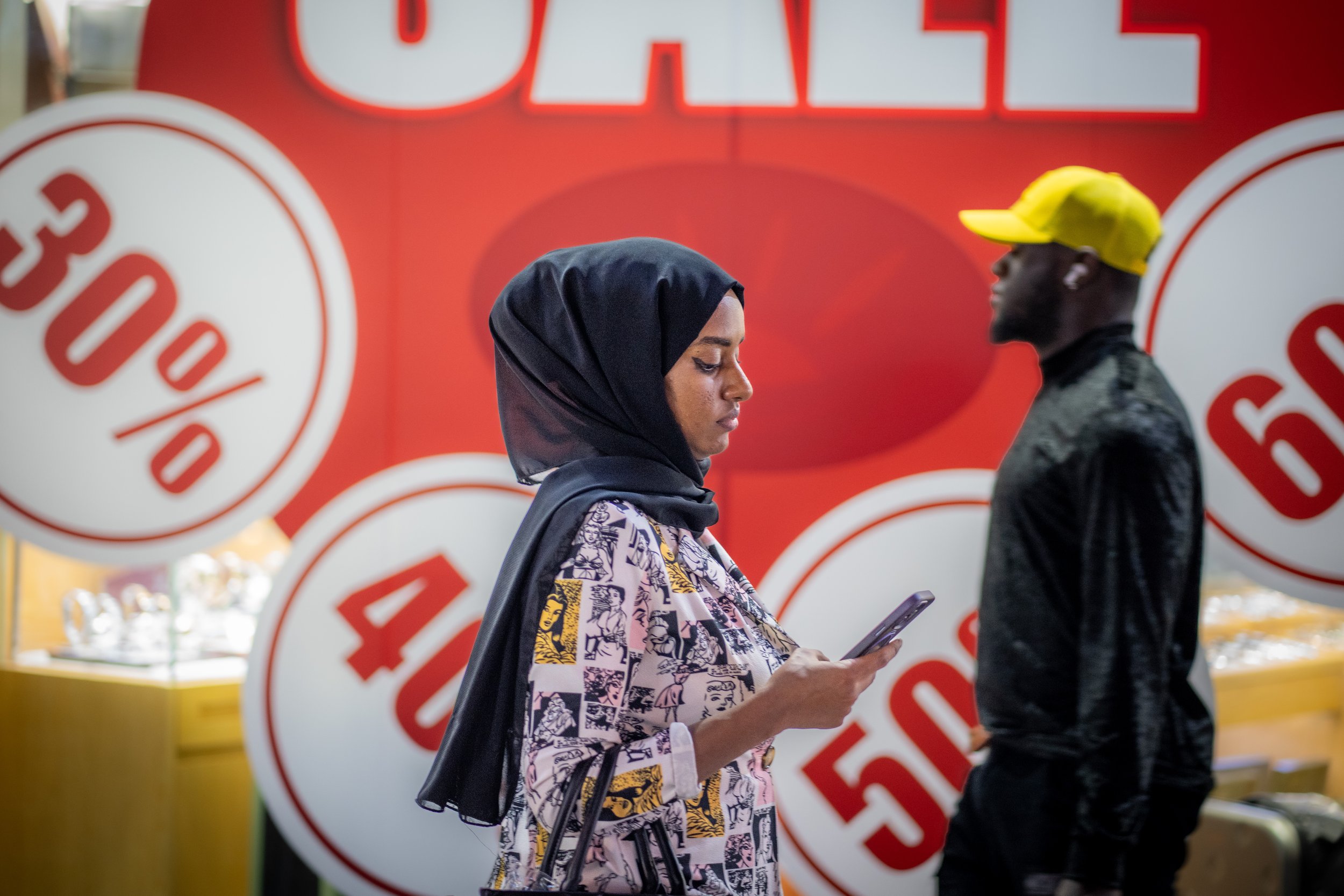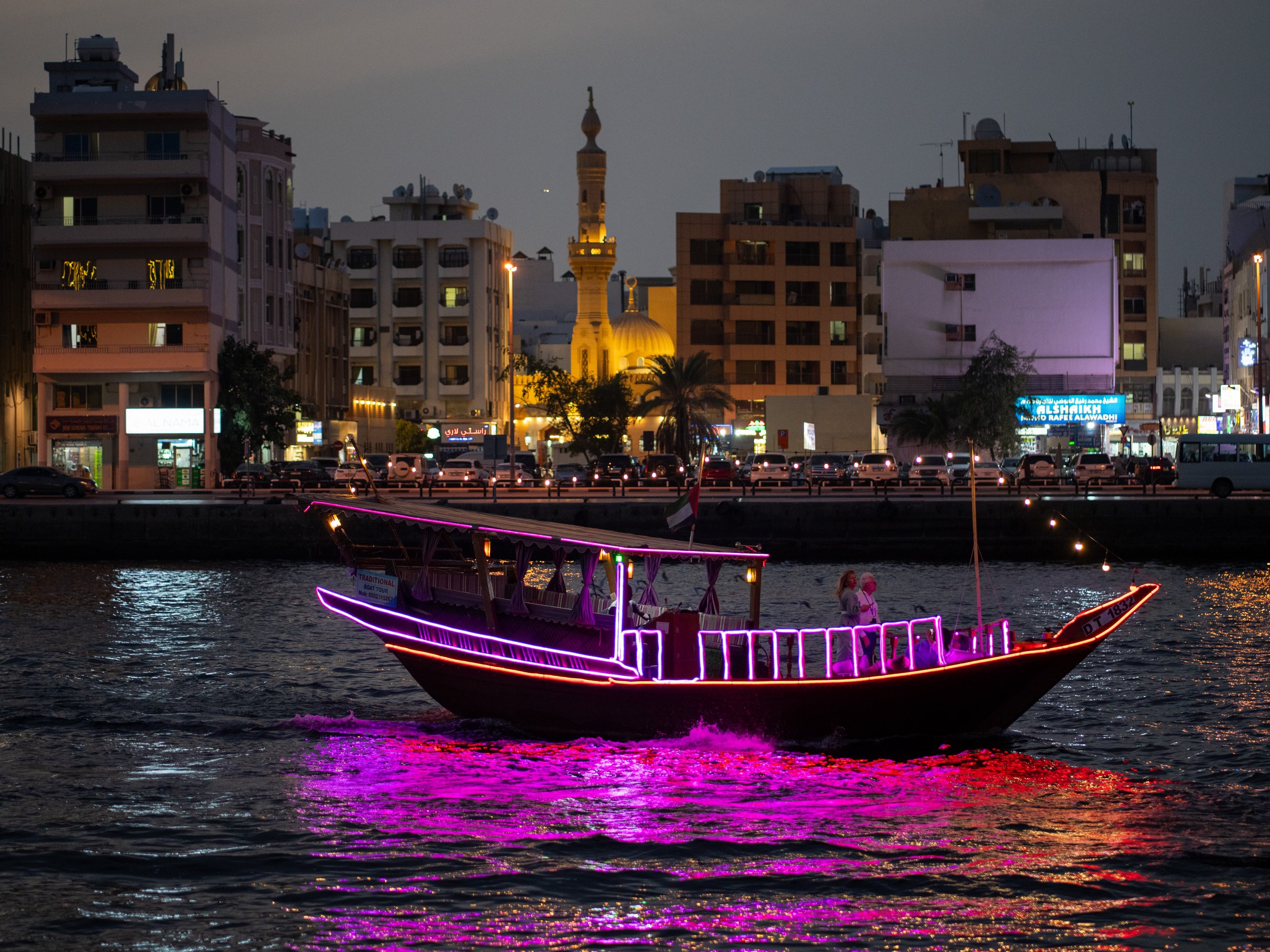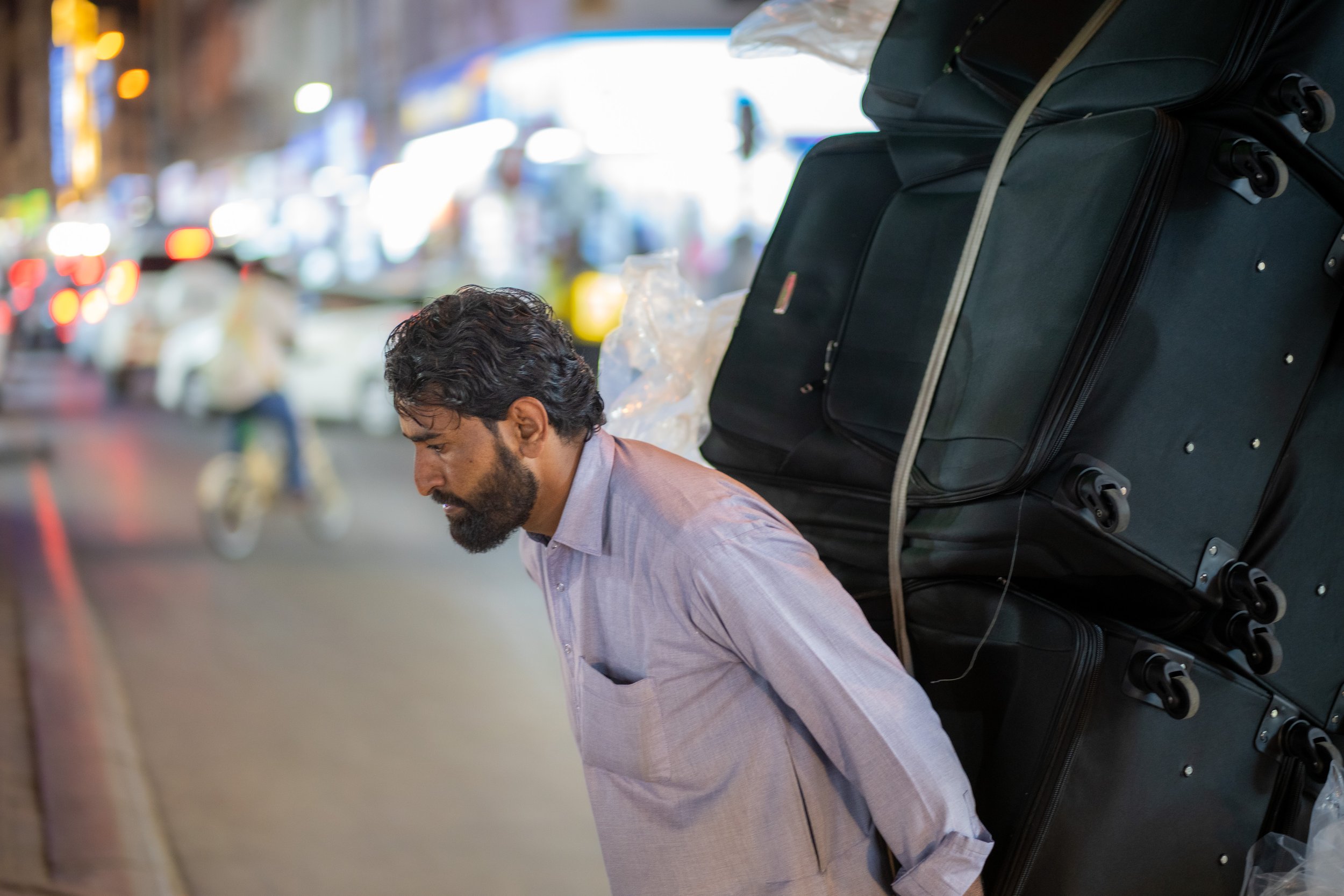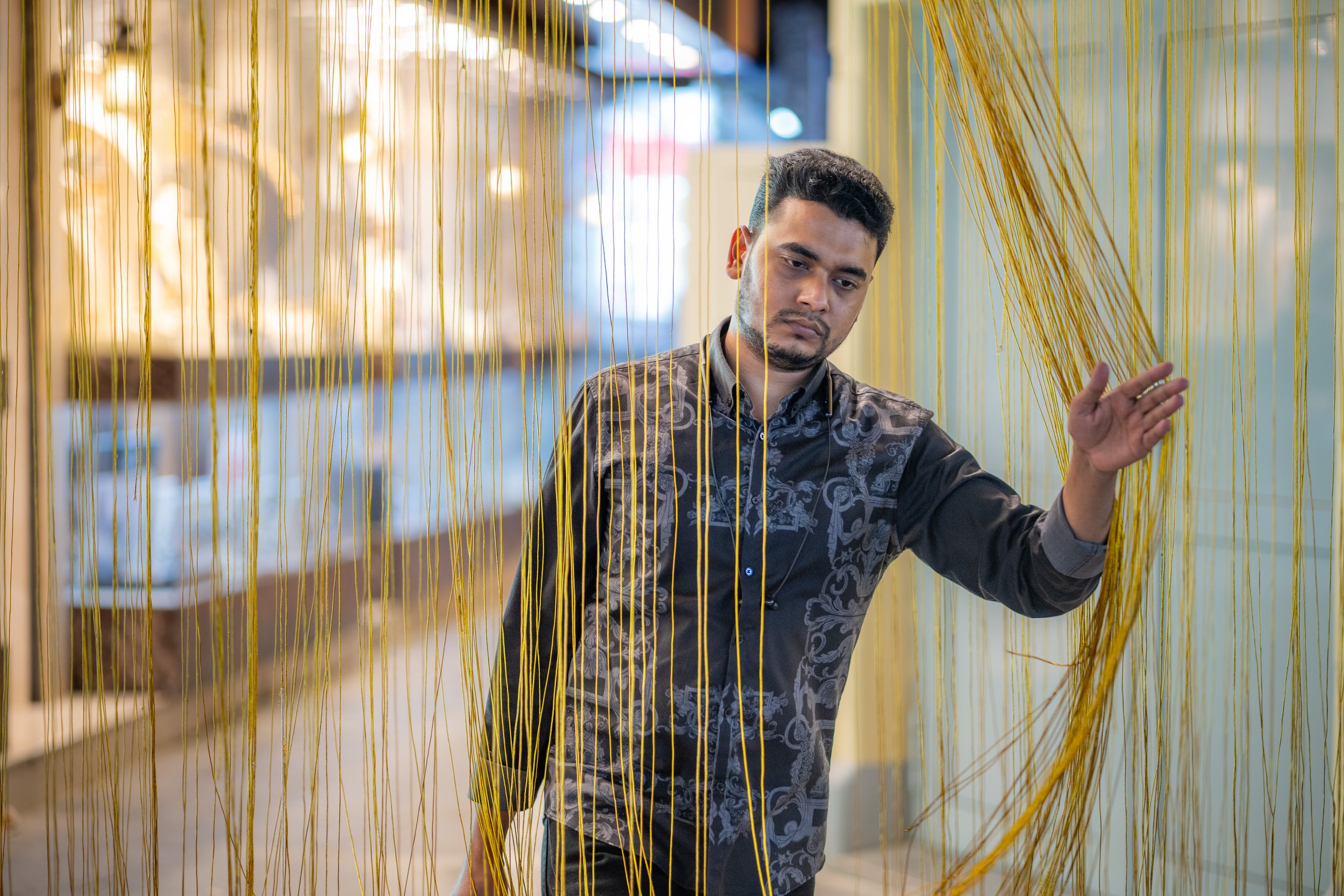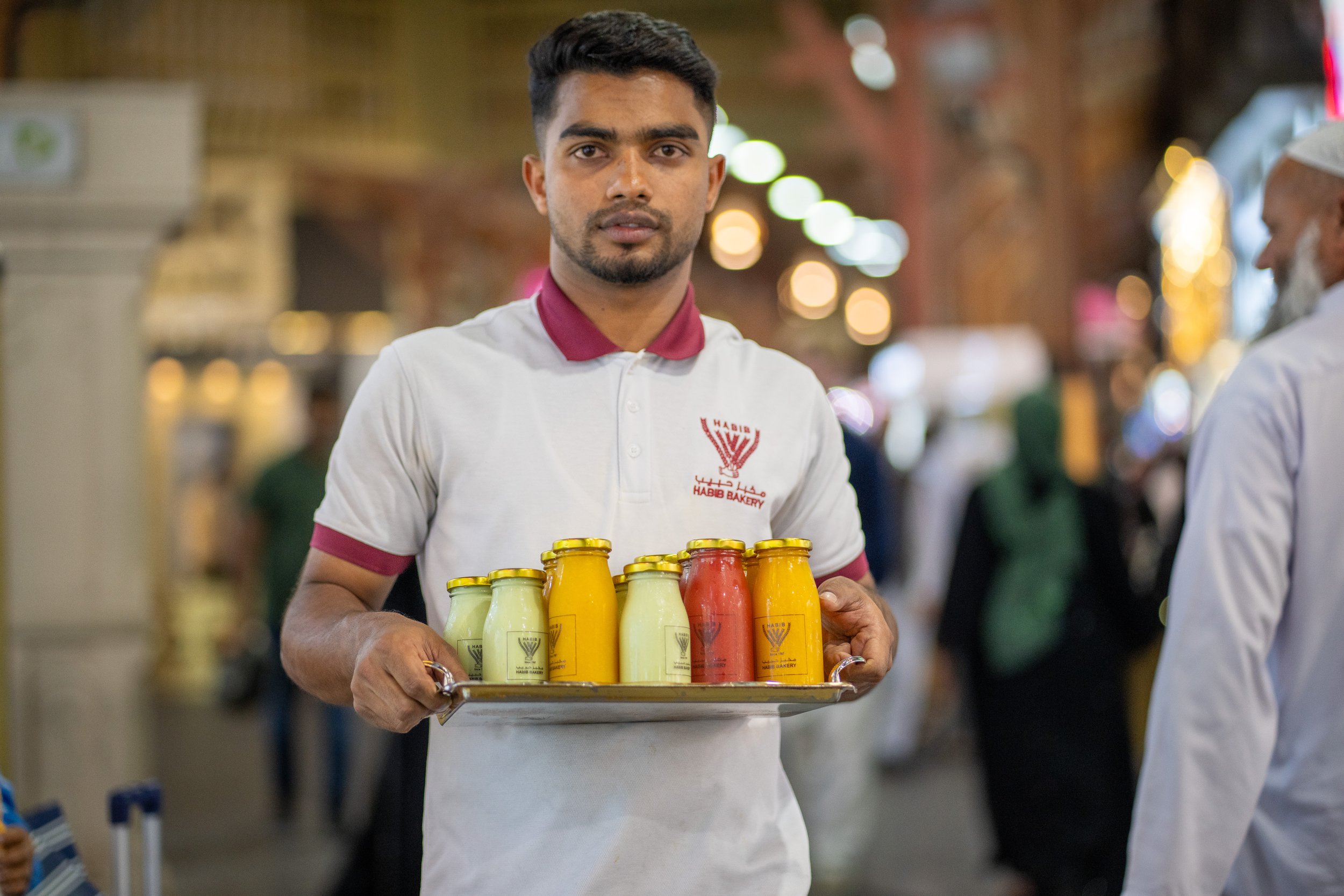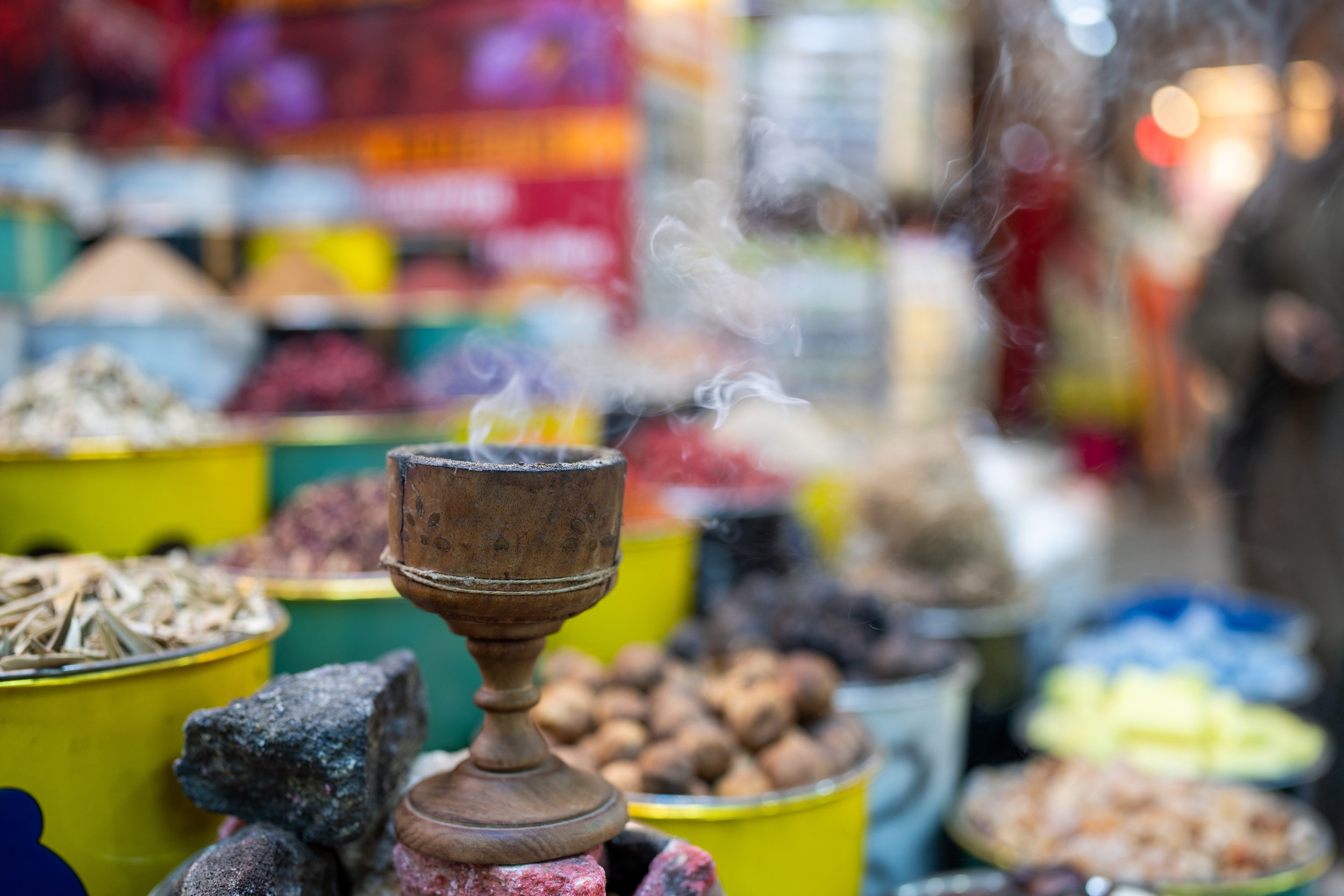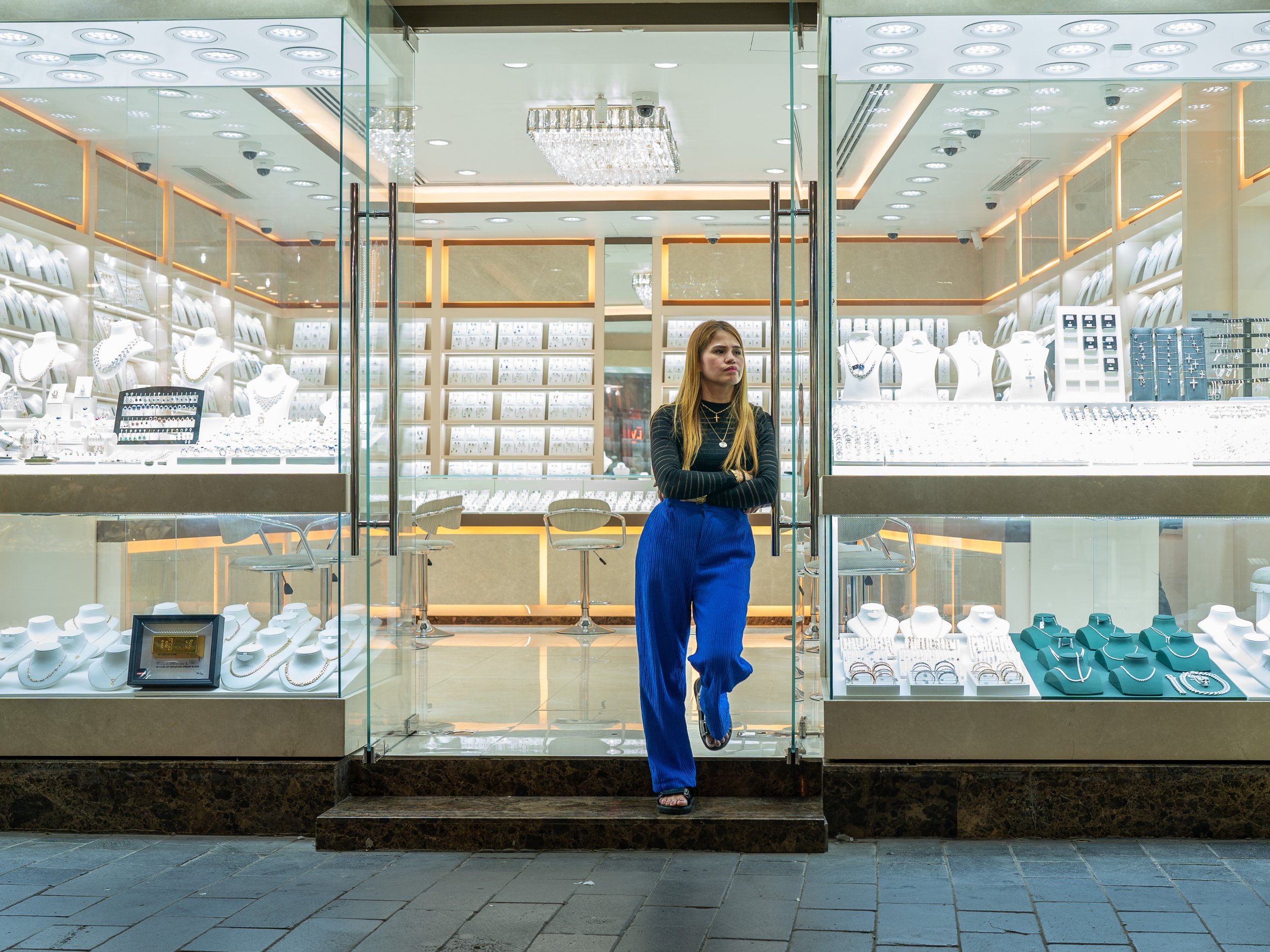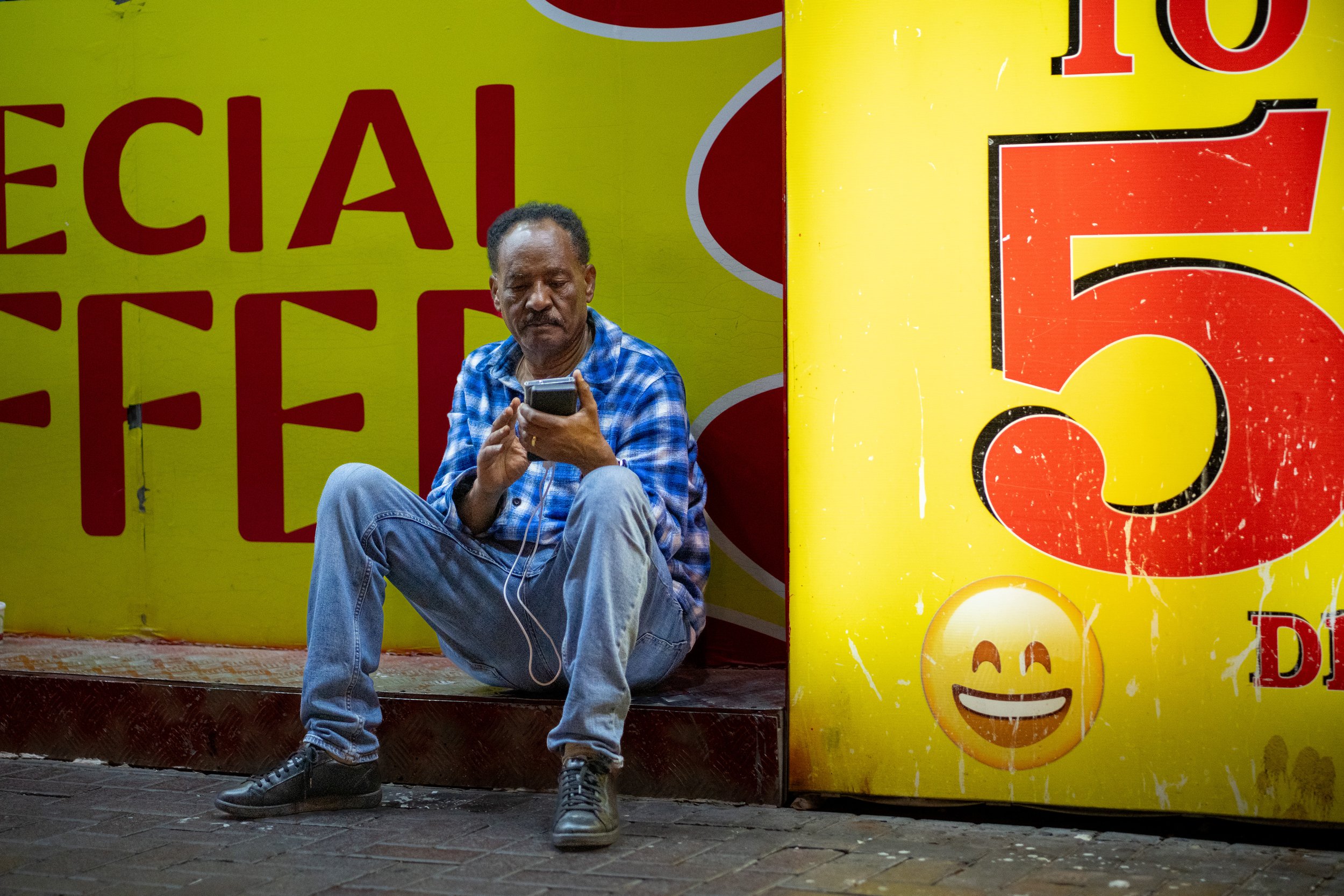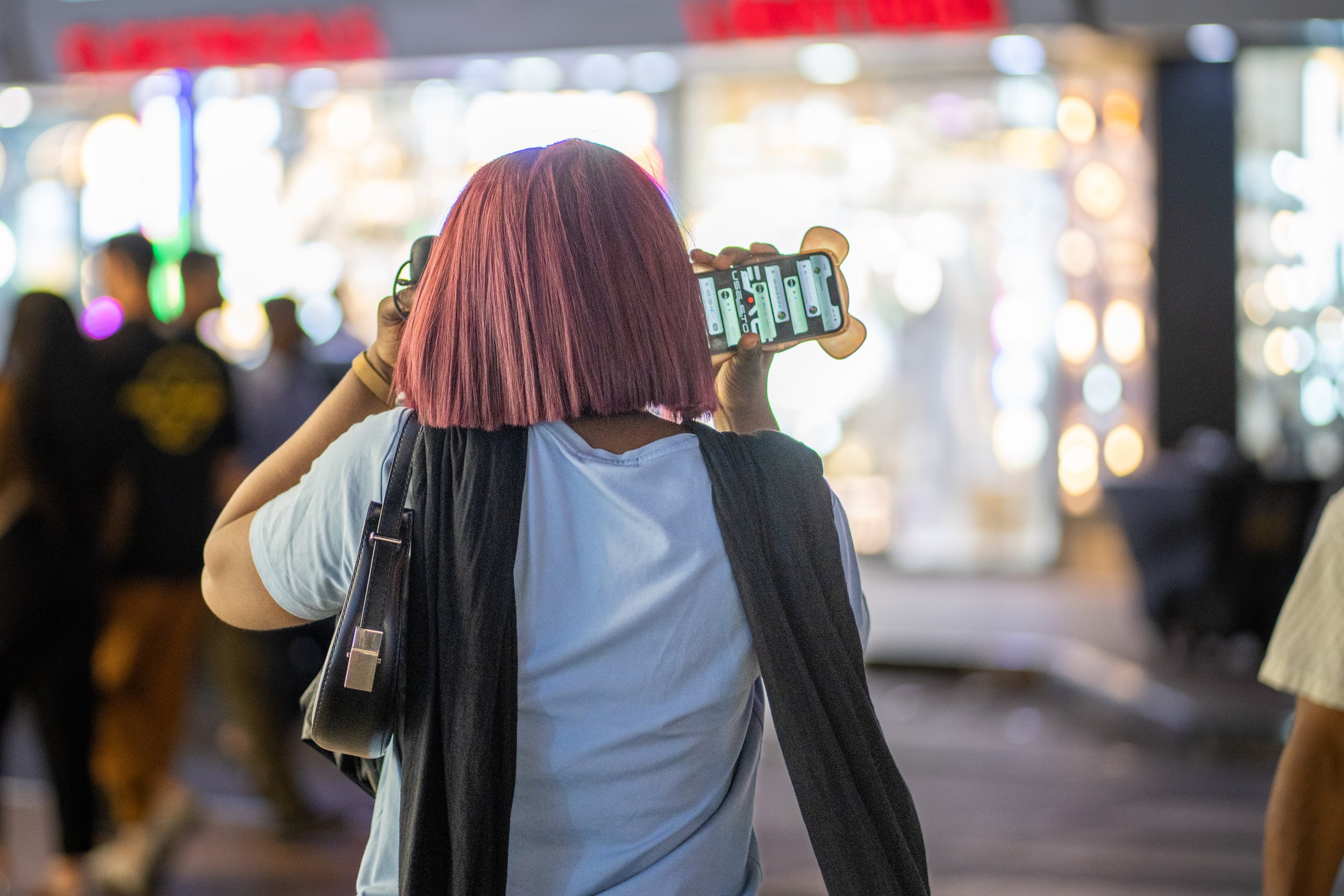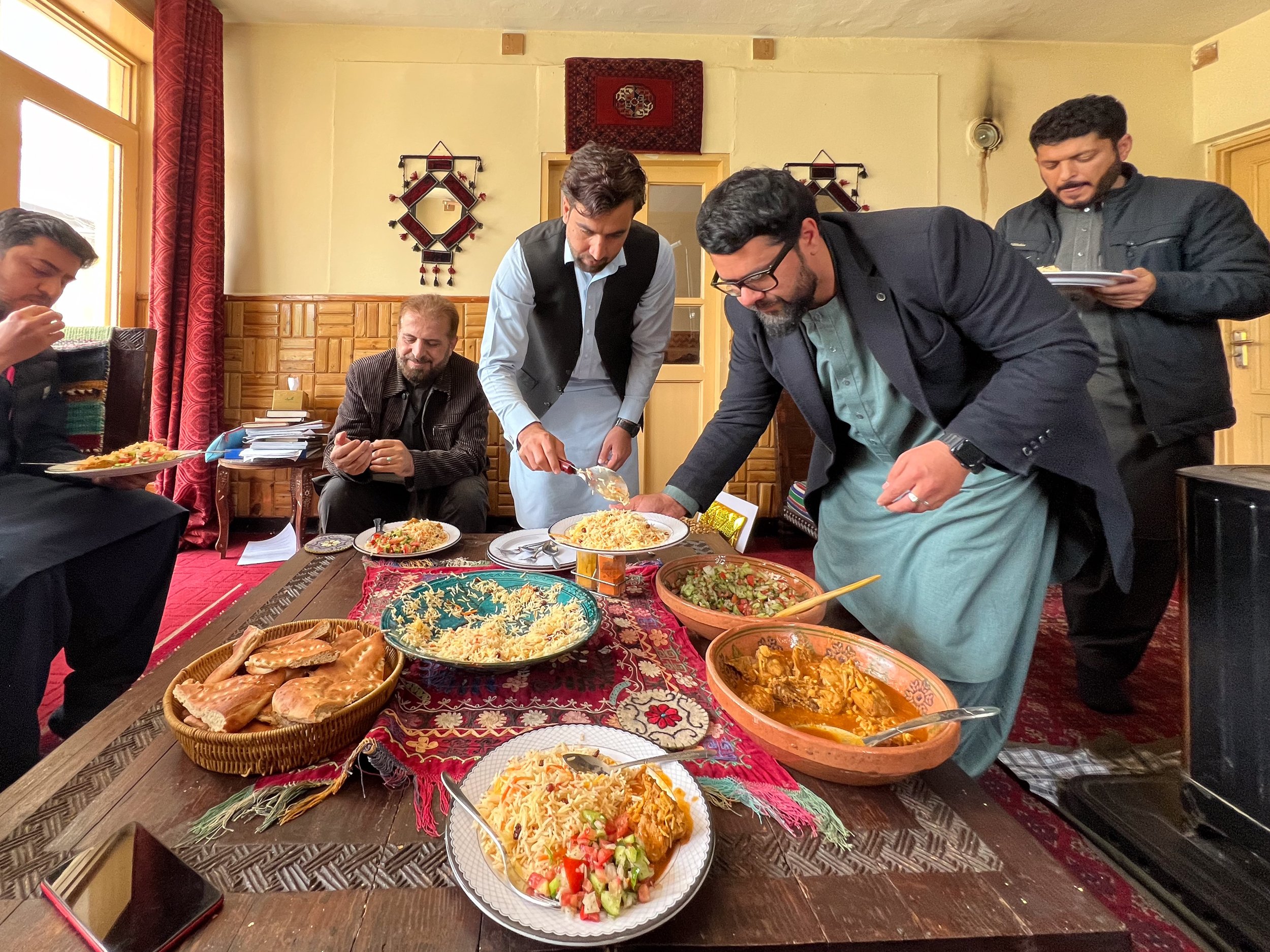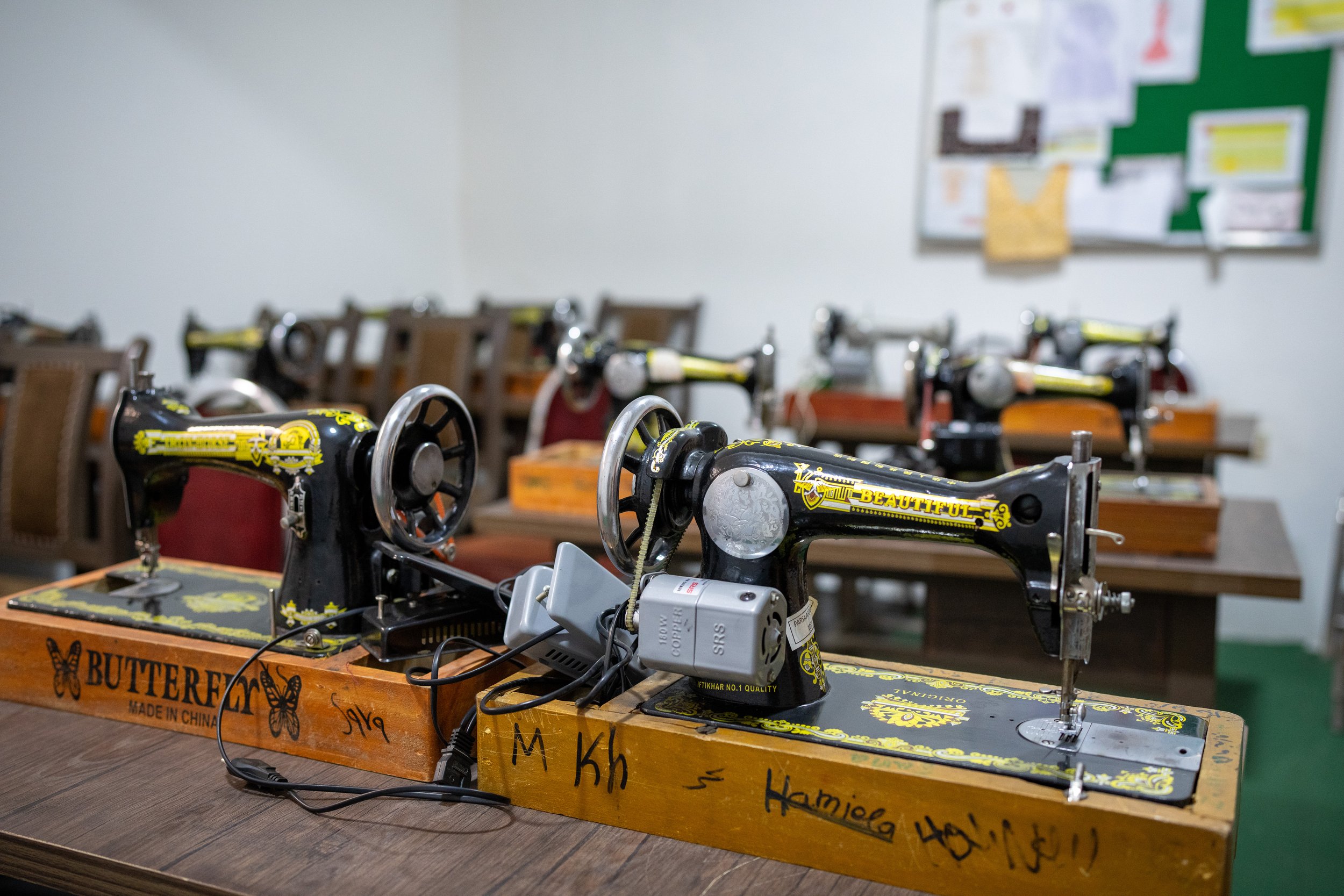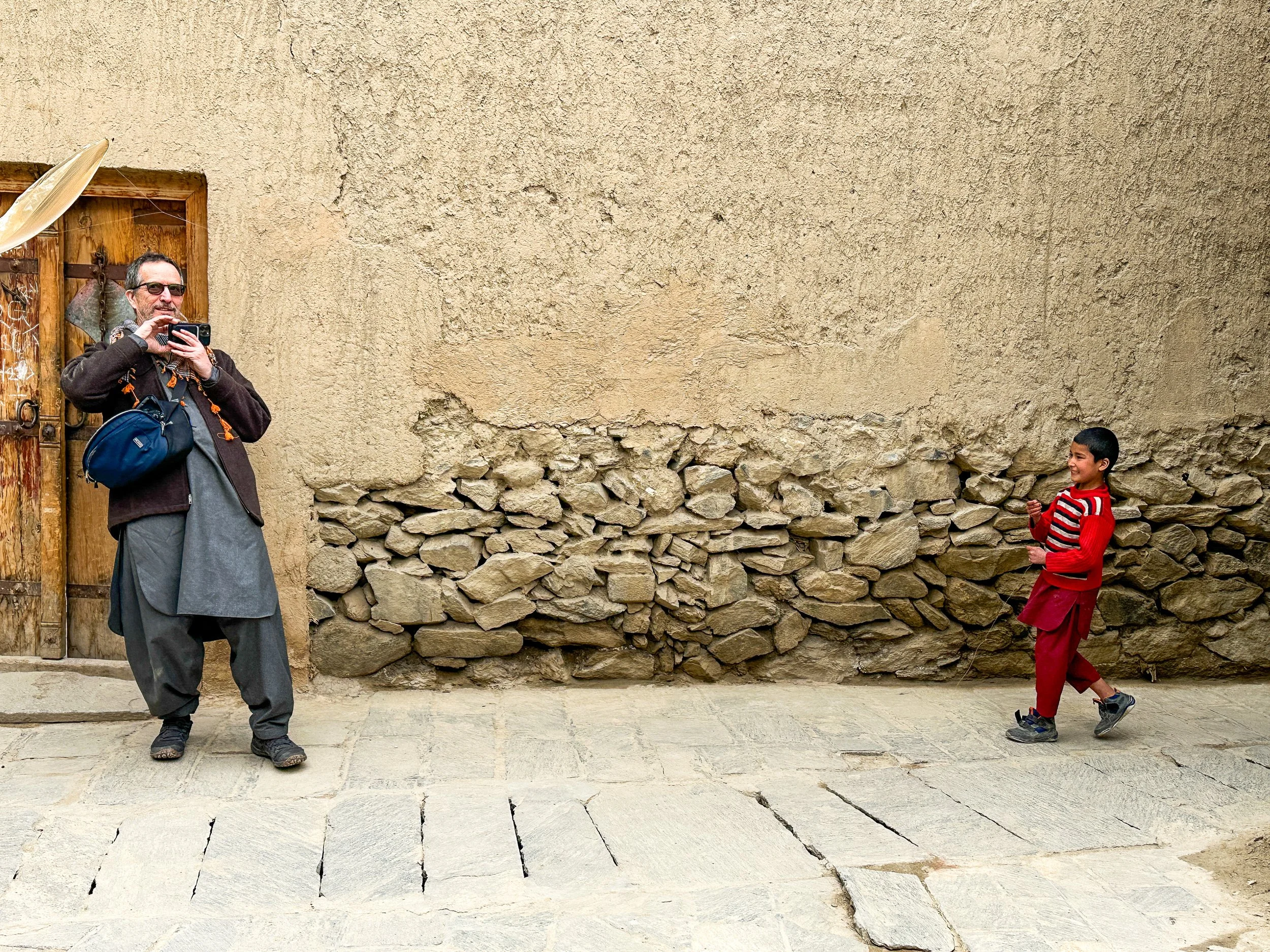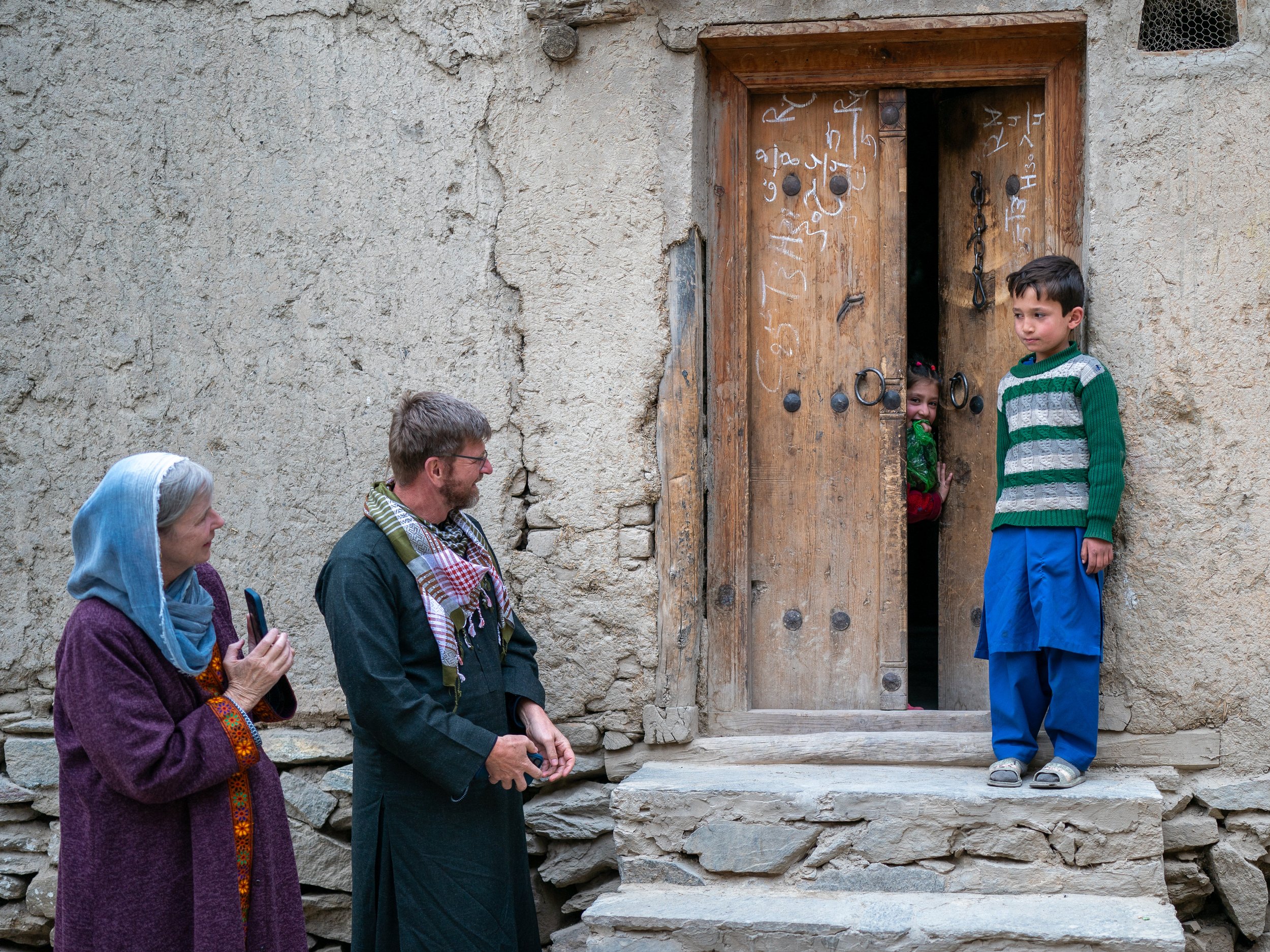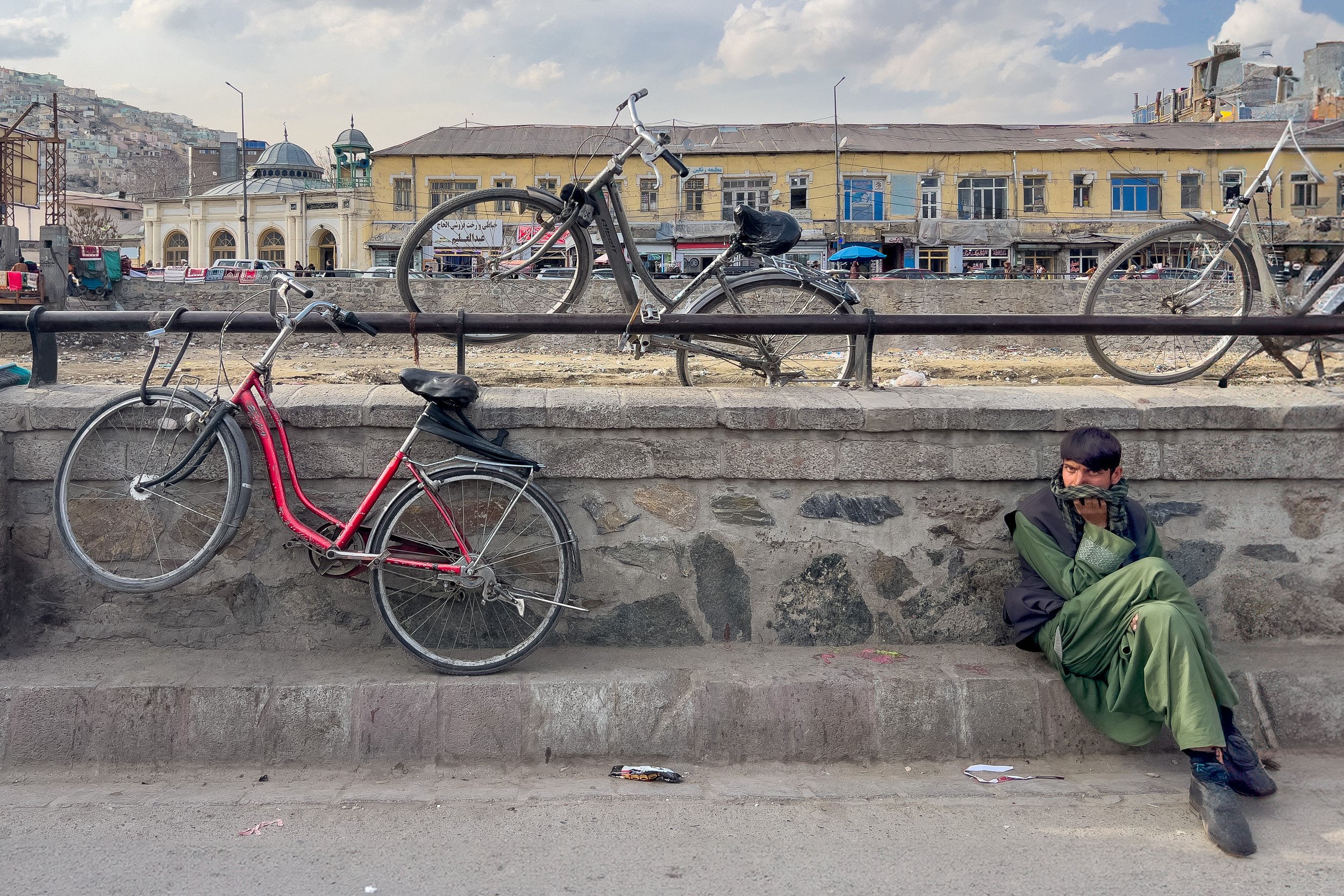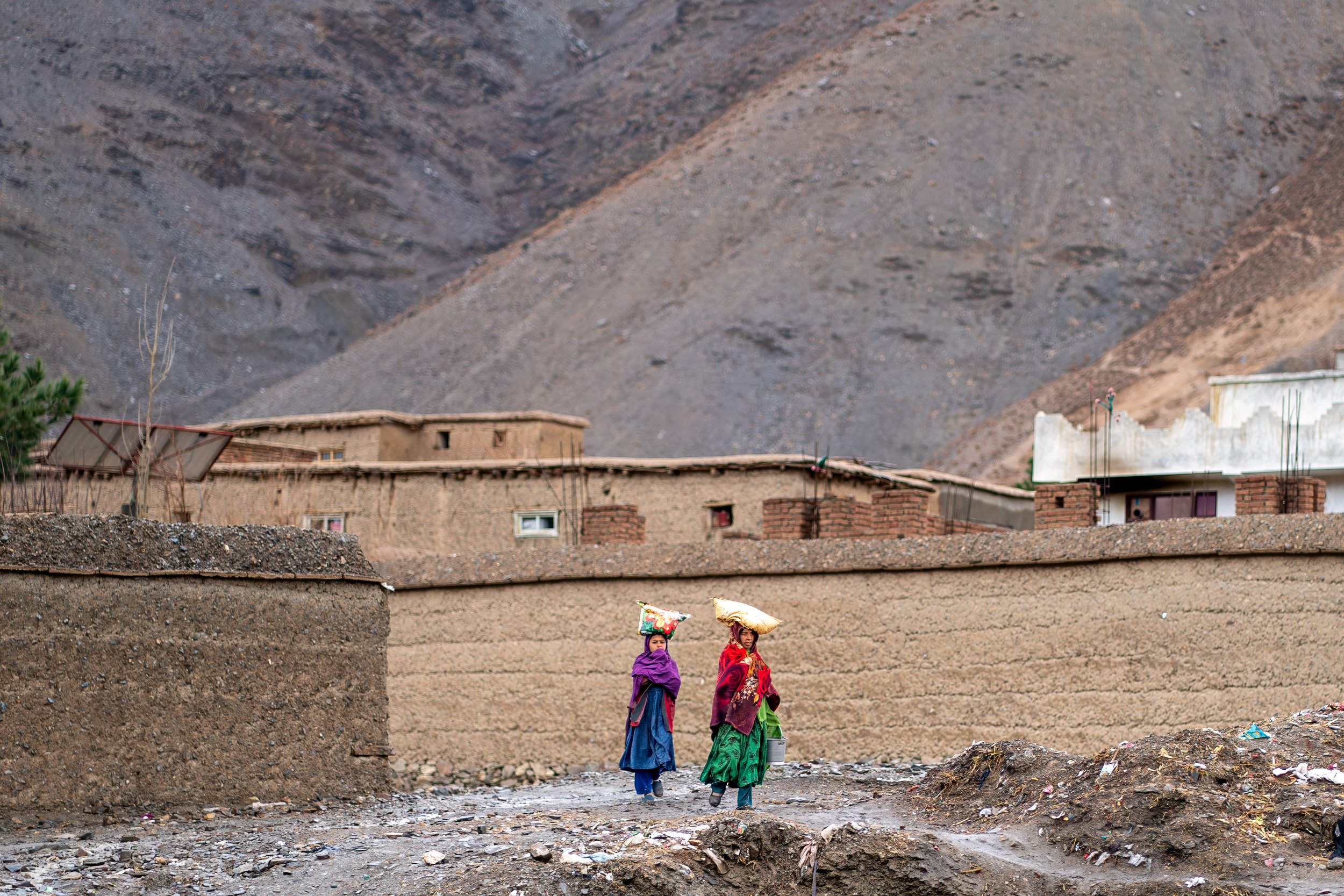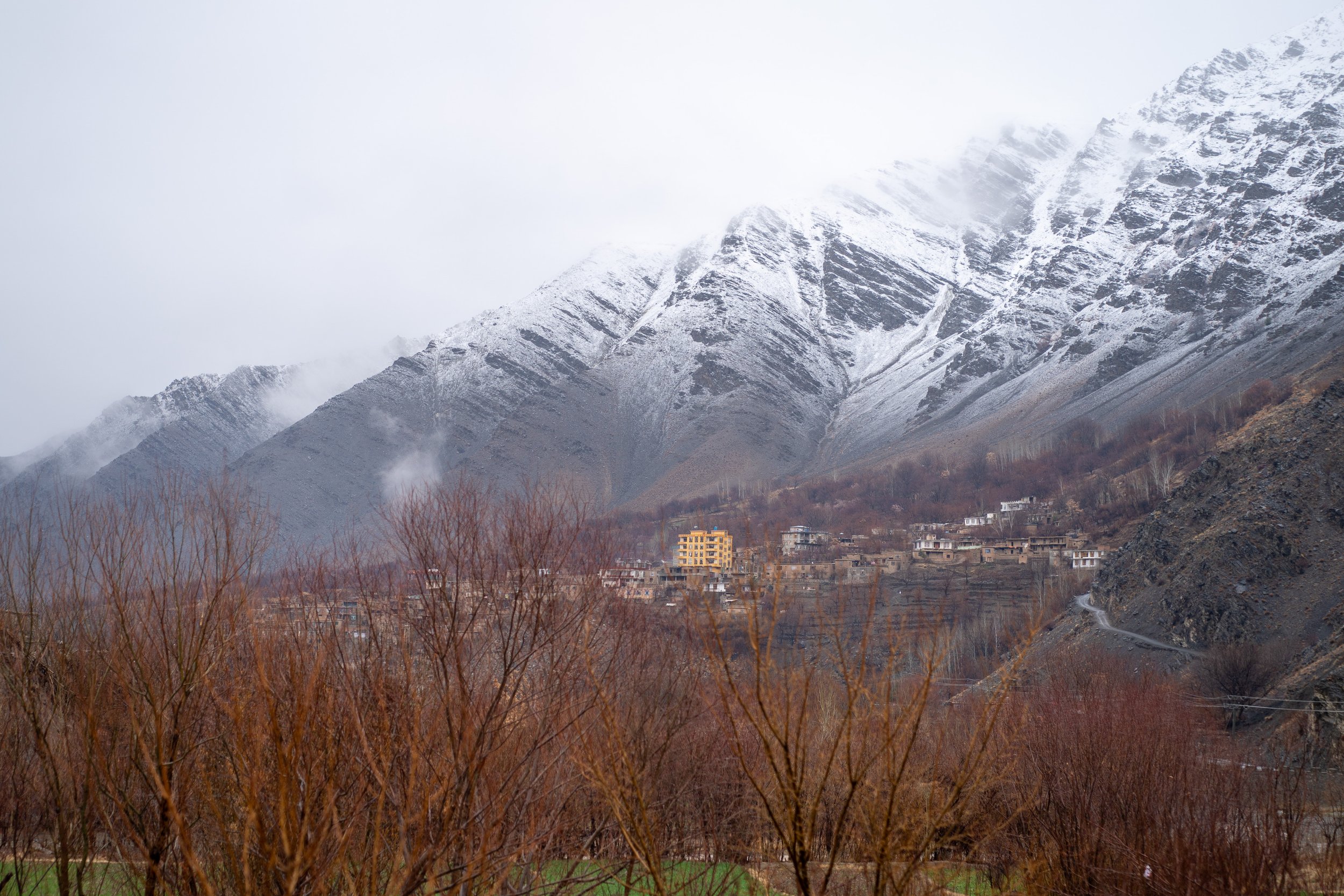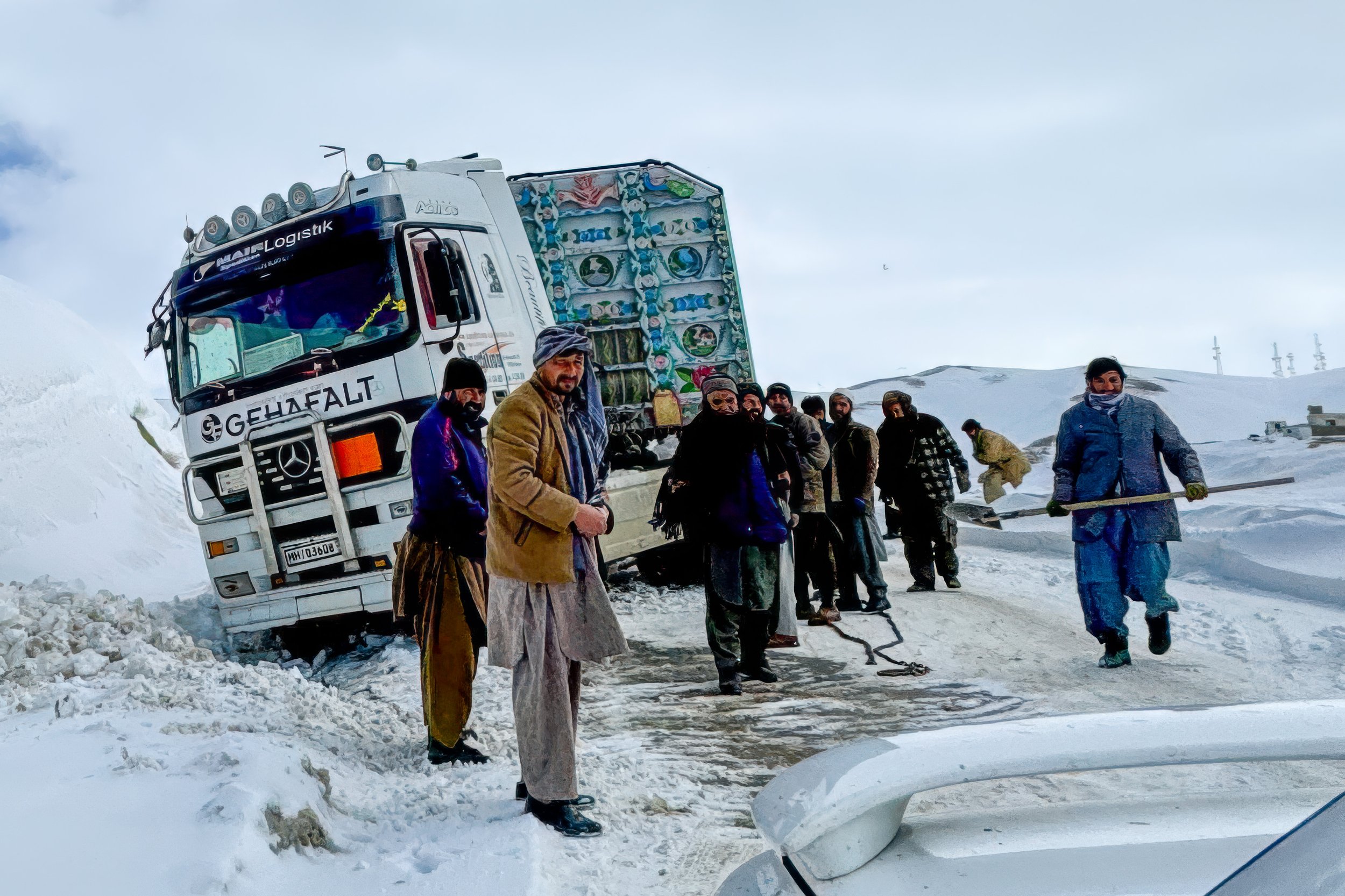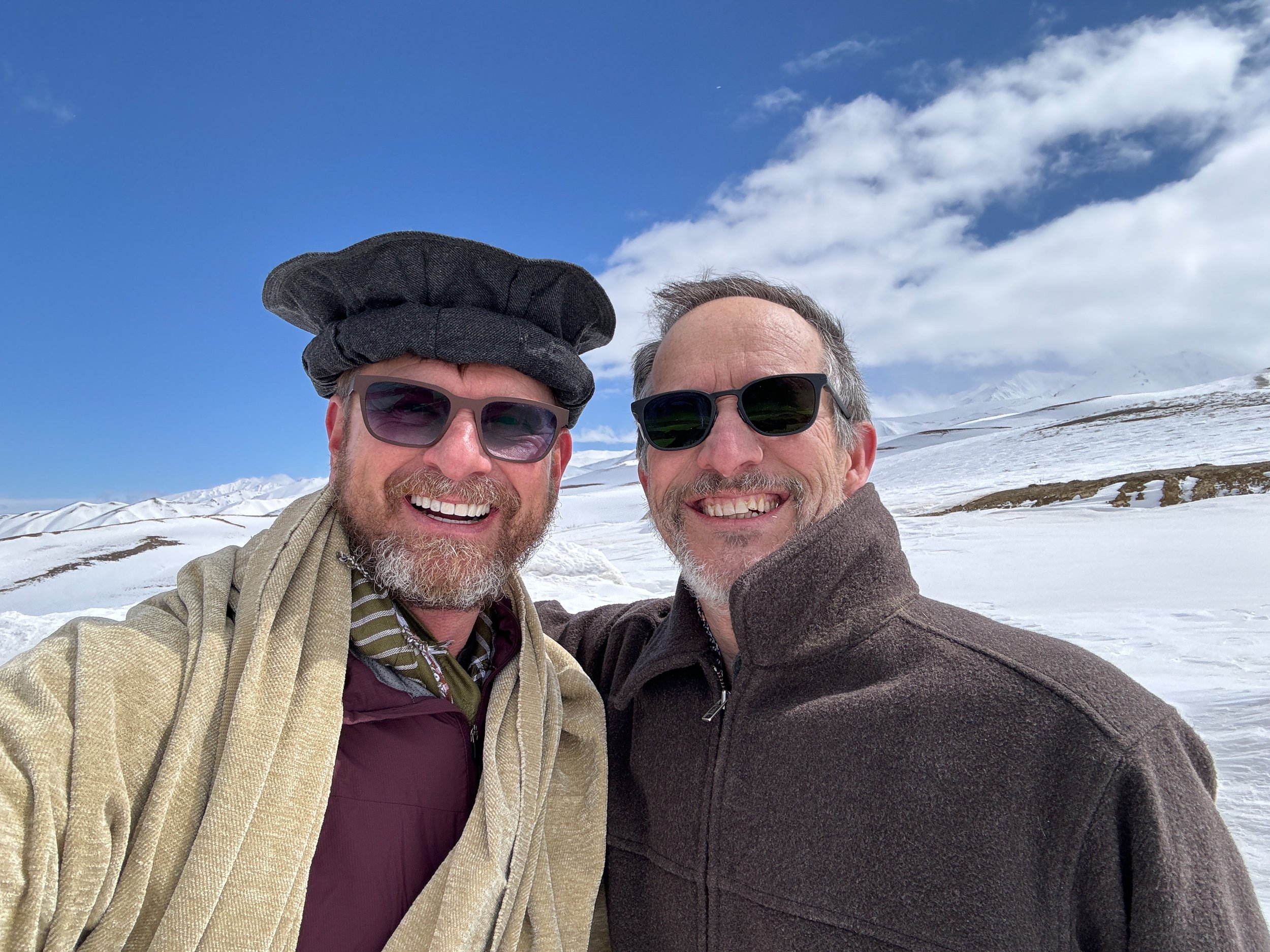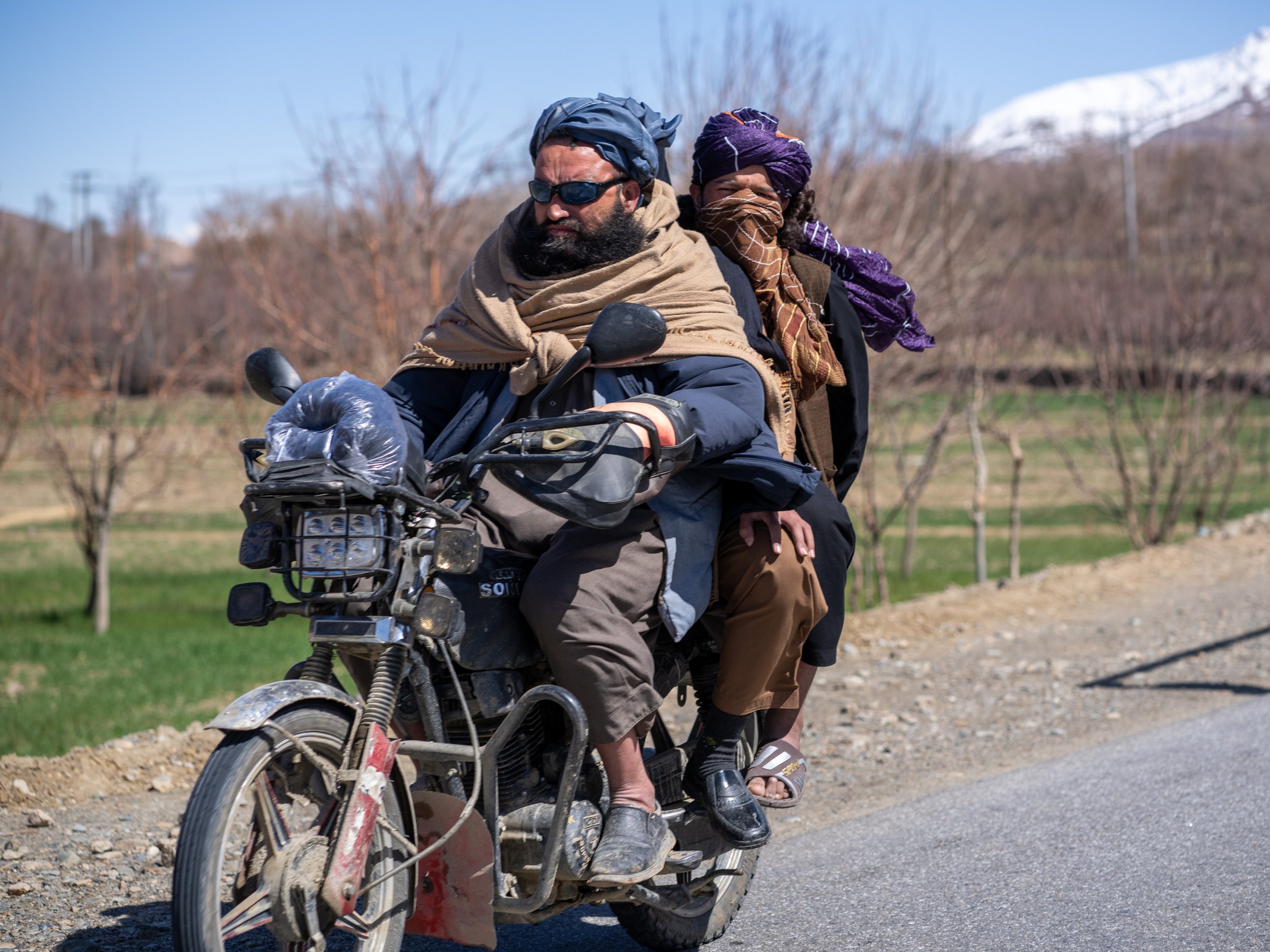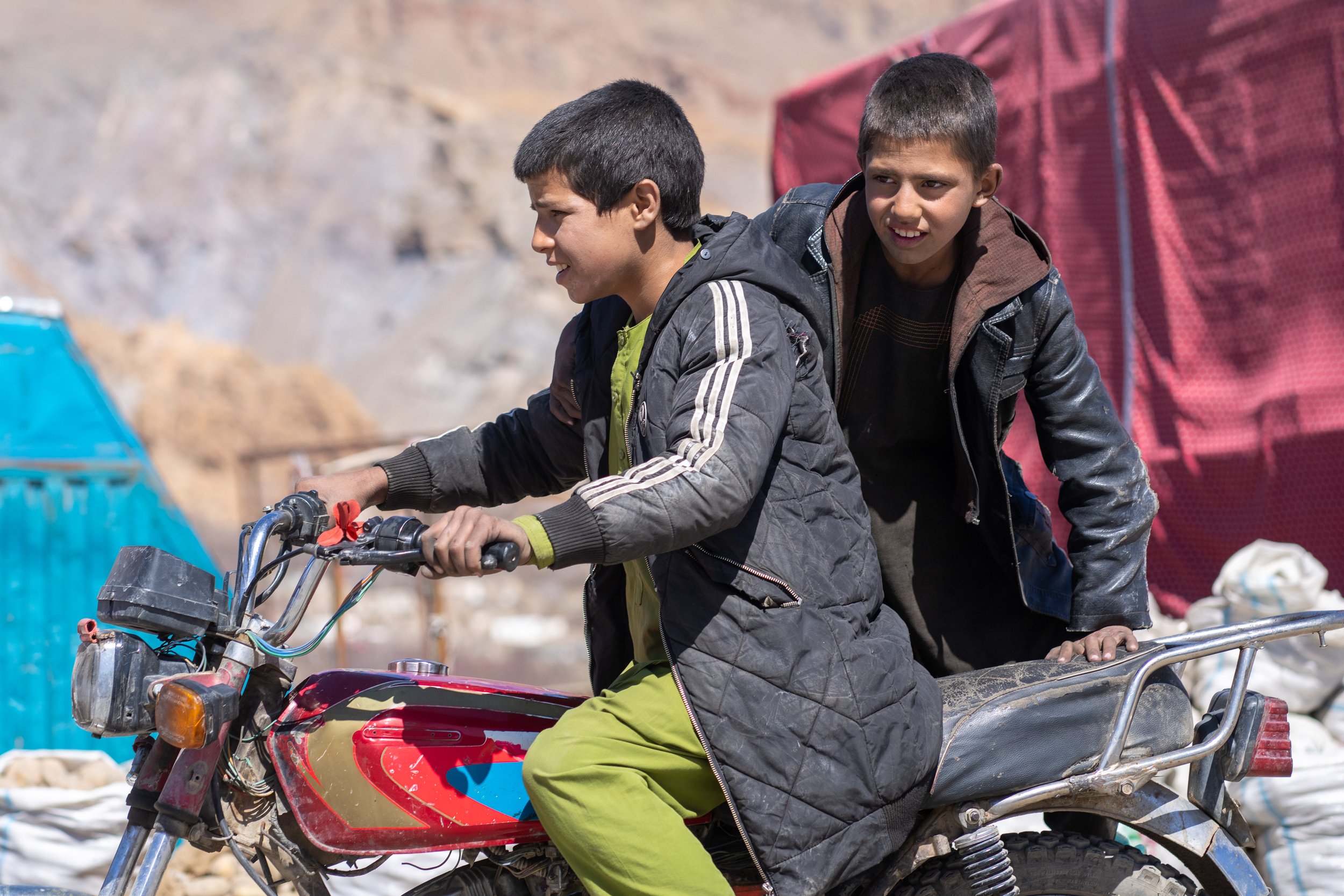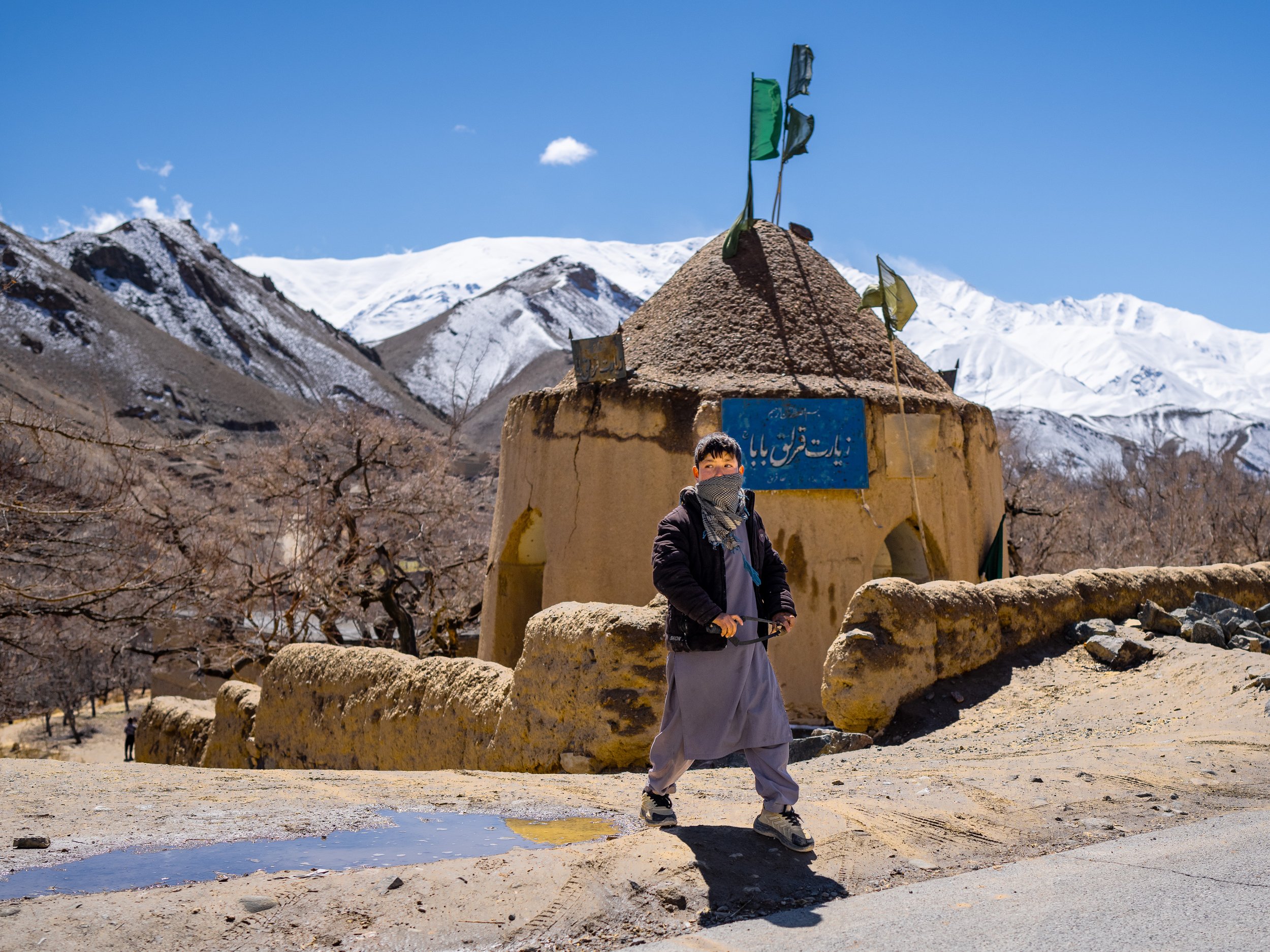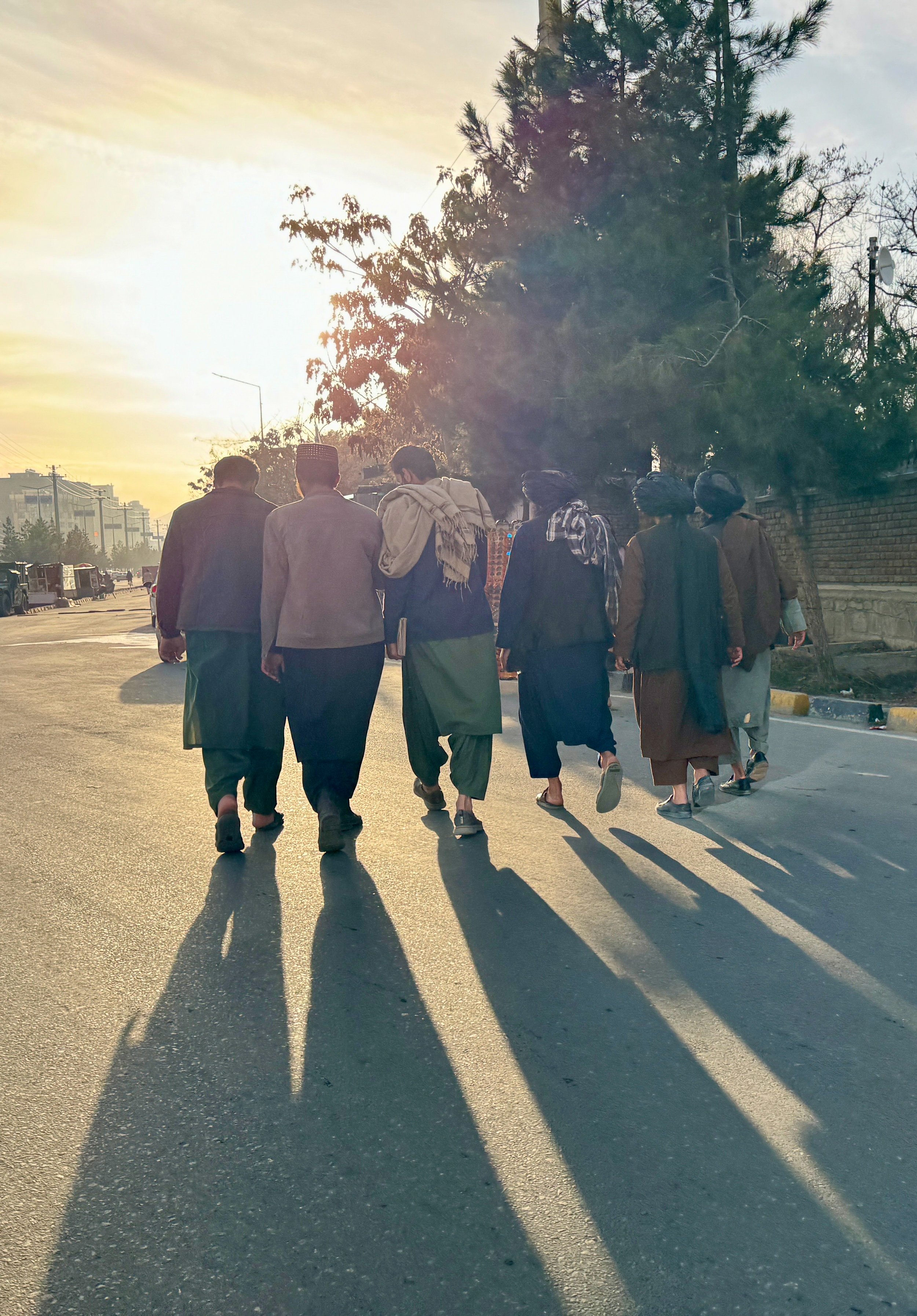A Trip With Friends to Afghanistan
Photo by Shekib Zaheer
Traveling solo is nice for the first few days. Then it can grow tiresome. At least it did for me when I traveled alone on trains for 60 days. Traveling with a partner is soulful and the experiences are deep. But traveling with a group of friends is just so. much. fun. Even in Afghanistan. Especially in Afghanistan. And especially with Marnie as our host and her team as our extended family.
Getting there is Half the Fun
Usually a visit to a country begins with arrival at the destination, but in my case it involved a bit of doing just to get there. The first stumbling block was getting a visa; as of this writing, only one country - China - has officially recognized the Taliban government. In most cases, the embassies and consulates of the former government remained open and staffed by personnel from the previous government, supplemented by Taliban-appointed ambassadors and other senior staff. In the case of the U.S., the embassy and consulates closed shortly after the fall of the Republic.
My sister-in-law, Marnie, has been the executive director of an NGO in Afghanistan called PARSA and has lived there continuously for nearly twenty years. She had recommended the Afghan consulate in Dubai, where she usually picks up her visa en route. But no, I had to insist on Istanbul which is a much more pleasant stopover as well as a kind of cultural half-way point ideal for acclimatization. I downloaded the official visa application form from the local consulate there, filled it out on my laptop, printed it at my lovely pension in the Sultanahmet neighborhood of Istanbul, and arrived at the consulate early Thursday morning with all of my supporting documents including an official invitation from the NGO.
Slideshow First, Istanbul
At the front gate I showed the single guard my passport and said ‘visa?’ He shrugged his shoulders and motioned for me to sit on a wobbly, broken chair that teetered just the other side of a metal scanner that was out of commission. I sat there while a large number of people - presumably Afghans - filed past and into a back courtyard. After sitting there patiently for an hour, I finally just got up and walked back into the courtyard as well. A crowd of about a hundred people were milling about, some of them lined up at various windows, none of which had signs. One person took pity on me and asked if he could help. I showed him my passport and said “I need a visa.” He pointed to a window where a man on the other side was taking money. “You have to pay there first.” So I queued up there and when it was my turn, I showed him my passport and said ‘visa.’ “Go upstairs,” he pointed vaguely towards the heavens. After more wandering, I wound up back where I had started, at the main entrance where I pushed through a gate and walked straight up the main set of stairs. Inside the consulate, I continued up a flight of stairs to the second floor where I found a rather large - and empty - reception room. I peeked into a few closed office doors and showed my passport. People gestured for me to go back and sit down. Presently, a young man wearing a black leather bomber jacket and fashionable torn jeans came in and introduced himself as the consul general - from the previous government. He was excited to talk to me, in English. “What state are you from? I visited New Jersey and attended a Taylor Swift concert. So cool!” That was nice but I was there for a visa. “Well you see, I can only issue visas to residents of Turkey,” he admitted. Oh. Turns out, the entire consulate staff had been there since 2021 in virtual house arrest, free to go but not to come back. So they all had stayed. And I had to pivot to my Plan B. I booked a late night flight to Dubai, arriving there at 3:00am.
Then, Dubai
The scrum at the entrance to the consulate in Dubai had pushed out into the street by the time I arrived at 8:30am. I had strict instructions from Lorraine, Marnie’s girl Friday and overall travel agent and handler, to ‘just brush past everyone and march on in.’ I didn’t see a way to brush past a throng of pushing people. But I did manage to wave my passport from a distance, which the gatekeeper noticed. “Back! Everyone back! Line up single file against the wall! Nobody comes in until everyone is in line!” Most of the crowd ignored this but I bolted for the wall, claiming the #10 position. Half an hour later, I was in. By noon, I had my visa. By midnight, I was back at the airport and by 6:00am Saturday I had landed in Kabul. Just in time for the month-long fast of Ramadan to start.
International Women’s Day
In Islam, education is a divine command for both men and women. The Quran as well as the Hadith leave no doubt that women, like men, are obligated to increase their knowledge and pursue it. The only problem is that the Taliban have outlawed stopped formal education of girls over the 6th grade. But the rest is left open to interpretation and the Quran is clearly on the side of education. Marnie’s organization, PARSA, is no longer allowed to employ women in their offices – as with all other NGO’s working in the country. A “temporary situation,” she was assured, by her government contacts. But she and her staff have kept informal contact with women within their network and were invited to attend a private gathering in a private home, to celebrate international women’s day. It was an eye-opener for me to witness the resilience, enthusiasm, pride and joy of these women of all ages as they celebrated IWD. And yes, they were all appropriately dressed. As were the men.
Mother, daughter, son
And the men eat separately…
Then, the Tailor
The next day our friends Mike, Lisa and Dolph arrived also from Dubai, but at the more sanguine hour of late afternoon. The first stop was to the local Saville Row. It’s not imperative, but it’s a pretty good idea to get fitted for a Shalwar Kameez, the local attire here. Once you get used to how it works, it’s probably the most comfortable suiting one could possibly wear, in both summer and winter. But getting used to a universal 100-inch waist that narrows down to a cuffed bottom does take some, well, getting used to. Of course, Lisa got herself fitted for one as well. At the men’s tailor.
photos by Dolph, Mike, and Lorraine, respectively
A Tour of PARSA and Trade Afghan
In the morning we toured the PARSA compound, which sits safely inside the walled Afghan Red Crescent compound and sprawls for over 30 acres including Marnie’s expansive residence with over 100 rescued dogs, the Scouts program facilities including their Brothers-to-Brothers mentoring program, a dairy farm, orchards and vegetables farm, greenhouses, several dorms for repatriated afghans (one of their programs), and the huge Trade Afghan building remodeled from an old Russian cinema and now containing a retail store and internet cafe, stage, samples workshops, and a gigantic commercial training kitchen. In the back we came across a Scouts troop practicing archery. Mike hit a bulls eye. Dolph ducked.
Ramadan in the Market
Old Kabul Market
Our Shalwar Kameez were ready and delivered to us by early the next morning so we tried them out by taking a stroll through the old market along the Kabul River. At the entrance we were stopped briefly by a Taliban guard who wanted to know what we were up to. Our driver, Ehsan, explained that we were simply tourists. The guard collected our passports and took photos of each. This happened frequently throughout our trip and it became apparent that they were recording our whereabouts, probably by sending in our passport number to a central tracking system. Not too difficult, really. It reminded me of the police ‘koban’ pods in Japan where I lived for ten years; the local gendarmes know pretty much everything abut every car - and their owner - that is parked on the streets within visible distance from their pod. In a way, I felt protected rather than put upon. “You are welcome to take photos in the market,” the guard said as he handed back our passports.
Dolph hits the hammer hard
Lisa and Dolph were fearless, taking pictures of everything that moved. Lisa, accustomed to visiting third world countries through her work with international nonprofits, engaged her subjects by showing them the photos that she had taken of them. Dolph, an entrepreneur from Amsterdam and also no stranger to emerging markets, carved a path of friendship in front of us. “Hello I am Dolph, I am Dutch, how are you?” I was impressed with the number of people who were able to respond to him in basic English.
Ramadan had just begun, the holy month of fasting from Suhur (‘pre-dawn meal’) to Iftar, the evening call to the Maghrib prayer. We had prepared for this by minimizing our need for food and drink during the day, yet I was surprised that the market was packed full of people buying and selling fruits, vegetables, breads, cheeses, meats, and even goat’s heads. But of course. People did have to eat at Iftar,(the breaking of the fast) and spent probably more energy than usual organizing their evening meals.
We followed a maze of narrow walled alleys and ended up at a cul de sac. A small boy was out flying his kite. I pulled out my camera and tried to photograph him as he jerked the kite up and around, moving it up along the walls of the alley. But he was faster than I and as I flailed about, his kite swooped and dove behind me like a bird going after its prey. He chuckled and I realized he was having fun with me. A door opened and a few very young children cautiously peeked out to see the cause of the ruckus. I spun around, the kite always seeming behind me. They giggled. More appeared at the door. Then the whole family was there. Picture time.
Minding the bikes
Over the Pass to Bamyan
Shibar Pass
Marnie rides shotgun
The city of Bamyan sits higher than Zermatt or Aspen in a wide valley surrounded by the peaks of the Hindu Kush that are much higher than the Alps or the Rockies. It is one of the famous ‘silk road’ cities and is perhaps best known for the two giant Buddhas that were carved into the sandstones cliffs some 1500 years ago. Also famously, in 2001 they were by the Taliban, siting Sharia law which forbids the worship of any kind of idols, false or not. The Buddhist side of that argument is that there is no such thing as worship, but alas there were few Buddhist monks around to make that argument convincingly when the order came down from Mullah Omar.
From Kabul we drove in a two-car convoy westward up a narrow valley along the Ghorband River passing through a succession of agrarian villages clinging to the hillsides. Dolph and I shared the back seat of a tiny Toyota sedan, our windows rolled down all the way in order to take drive-by photos, oblivious to the increasing cold as we gained elevation. In the front, Ehsan and Najeeb shivered and turned up the heat. At one point our second car - a minibus - passed us just as I was leaning out my window. I almost clipped Lisa, who was likewise leaning out of her window taking snapshots. Tourists!
Lisa snags a shot
There was less auto or truck traffic on the highway compared to pedestrian - which I counted as pedestrians, bicycle and motorcyclists, and people on horse-carts. The cars and trucks careened up and down the pass, as if late for a very important date. At one point we passed a small boy sprawled out on the road, on his side, blood dribbling out from his mouth. He had just been grazed by a truck, right in front of us. Ehsan explained that there was absolutely no way we could stop and help him; as foreigners, we would be at risk for being held at fault for the accident and a lengthy process would ensue including possibly being hauled in to jail. Unfortunately this happens everywhere in the third world.
We continued up the road through well organized orchards; almond trees were in full bloom. Up on the hillsides, small compounds with earthen-walled corrals displayed stacks of dung used for heating and cooking during the winter.
Guardians of the Gateway
After the river thinned to a narrow stream, the road suddenly turned to a steep set of switchbacks to crest the snow-covered Shibar Pass which sits at nearly 10,000 feet up. We had to stop near the top to put on chains, and passed several jack-knifed trucks along the roadside. Just as soon as we hit the land of snow, we then descended into the protected valley of Bamyan. As Ehsan drove carefully down the slippery grade, both cars and even trucks flashed on past, late for important dates.
Resilience and Entrepreneurship in the Afghan Alps
In Bamyan we encamped for two nights at a five-star hotel (relative term), the Gholghola, a soviet-era edifice with large, high-ceilinged rooms and a commanding view of the valley. Our first dinner was excellent and we were joined by two other small groups - several people on a UN mission, and a couple of tourists with their local guide. On our second day, the manager informed us that we would be the only ones at the hotel that evening so they would turn off the central heat. They delivered electric heaters and an extra blanket to each room. On our last morning, we came down to find the buffet closed. In need of coffee, I ventured down to the kitchen in the basement and saw an apparition off in a dark corner flashing a light. I approached, only to discover Dolph heating up a kettle of water. We delivered two thermoses to our other friends in their rooms, in improvised room service.
We visited the tourist sites including the Buddhist caves (now called the ‘Caves of the Idols’), the Shahr-e Gholghola ‘city of screams’ that rises well above the valley floor, and nearby Zuhak, the Red Citadel. We had intended to drive out to Afghanistan’s first National Park, the Band-i-Amir Lake, which is famous for its crystal clear waters with healing properties. But the lake was frozen over and covered with snow, so instead we opted to wander the streets of this small city where we came across a curious ‘market within a market’, made up entirely of items manufactured by female artisans. While meeting with local friends we also visited an extended family in which the siblings and their friends were all taking turns teaching each other different subjects. At one point a twelve year-old girl got up and explained to us, in great detail, the moves and strategy of chess. Asked how she had learned the game, she responded “from my nine year-old brother.” We visited several of these home schools in Bamyan and more upon return to Kabul. PARSA has been incubating these home-based “communities of practice” since 2021 and there are now more then 3,000 students in 17 provinces. They fill the need for education, connection, and community in a country that has taken a pause on progress, or at least to define what that means and how it fits in with a fundamentalist outlook on life.
Gallery: Schools, Scouts, and Home Handicrafts
Dolph, Me, Marnie, Lisa, Mike - by Shakib
Which way is up? - by Shakib
This Triptych Made the Trip Back Tick
Honestly? These three young gentlemen on a motorcycle outside Lisa’s window were just plain handsome. Simple as that. Little did we know they were not enamored with the idea of being photographed. Little did Dolph and I know either, when Ehsan pulled them over to have a civilized conversation about why they were following us. Dolph took their picture while we were talking to them, and I took Dolph’s picture taking their picture. Goofy us.
Photos by Lisa, Dolph, me
A Boys’ Day in Istalif
Me, Dolph, Norm, Ehsan, Mike
Ride-em, Mike!
Upon return to Kabul the boys - Mike, Dolph, Marnie’s husband Norm, our driver Ehsan and myself - left Marnie and Lisa behind and headed out to the ancient village of Istalif, which sits perched above the Bagram Valley. The town is known for its glazed pottery, and one entire street is dedicated to shops selling these specialties. Oddly, we were the only ones there and attracted a fair amount of attention. At one point I was standing in the street with the others, then turned away, then turned back and - poof - they had disappeared. I was about to look into the nearest shop to see what had attracted their attention, but instead and very quickly, a young fellow with long hair came up to me with a Kalashnikov strung from his back. I smiled at him, stepped forward, tilted my head, and said “Salaam alaikum.” He raised his eyebrows “You are Afghan Pashtun?” “No, I am tourist.” “How you know Dari?” “My friends taught me.” I looked around, very much wishing that my friends would reappear from wherever they had disappeared to, Two others friends of his then arrived, also toting Kalashnikovs. I reached out my hand to each and related my two-word greeting. We held hands while my other hand crossed over to my heart. It seemed the first fellow was the only who spoke a few words of English. “Where you are from?” “America,” I said, shyly. “Your passport?” I was ready for this and not at all worried about showing it because along the way, we were often stopped at Taliban checkpoints and always asked for our passports. He turned to the ornate Afghan visa pasted into my passport. “Very nice,” I said and smiled. He smiled and returned it to me. Three others showed up. I was now in the middle of a semi-circle of handsome young men carrying semi-automatic rifles. And my own friends were nowhere to be seen. I was beginning to worry. “Do you military?” he asked. “No, I never joined our army.” I pointed to his gun, made a hand symbol of “I don’t know”, and laughed nervously. They laughed too. I think they decided they liked me, this goofy old man. “You eat lunch?” he said, motioning with his hands to his mouth. I thought before replying “No.” “Why?” “Ramadan,” I replied. “But you are not Muslim?” “True, but I visit your country and respect Islam.” This seemed to be a good response. “No take pictures,” he said to me perhaps as a word of caution, pointing to a closed circuit video camera sitting high on a telephone pole. They all laughed. I laughed too, aware that the little sling bag on my back contained my cameras. A white sedan came up and the first three guys squeezed in. “You want to come with us?” he smiled. “Thank you, I will look for my friends,” I said, making an animated show of looking up and down the street. I waved to them and very slowly walked down the street. The other three guys disappeared into the woodwork. At the end of the street I turned around and still could not see anyone. It felt like the OK Corral and I expected to hear that strange high-pitched whistle. Feeling eyeballs on me from behind every closed shutter, I pulled out my only weapon - my cell phone - and pressed the speed dial for Ehsan. He immediately came out into the street, at the other end. I waved. “Hi!” The boys were just shopping.
Before leaving Istalif we visited an old, nearly abandoned hotel with a beautiful perch over the valley. Two of the staff were playing cricket while they waited for something else to happen. Their wickets were two trash receptacles. Their ball was hollow rubber with a hole in it. The bat had a very basic handle carved out of a slab of wood.
Making friends - by Dolph
Still, they seemed quite good. As we paused in the late afternoon shadows of a grove of trees, a curious white horse showed up, followed by its owner, who suggested that we get on for a ride. Why not?
On the way out of town we were stopped at the Taliban check point. Passports out. I saw my new friend who had approached me in the street. Rolling down the window, I put out my hand and said ‘hello friend!’ and held his hand. He smiled, turned to the other two guards, and said something quickly in Pashto. Suddenly a bag full apples was produced, picked from a local orchard. He handed one to each of us in the car. Friends, for sure. But better to enjoy the apples after Iftar…
Good-bye, Afghanistan


